- Homepage /
- Blog /
-
AI Agents: The Rise of Autonomous Digital Workers in Business and Software Engineering
AI Agents: The Rise of Autonomous Digital Workers in Business and Software Engineering
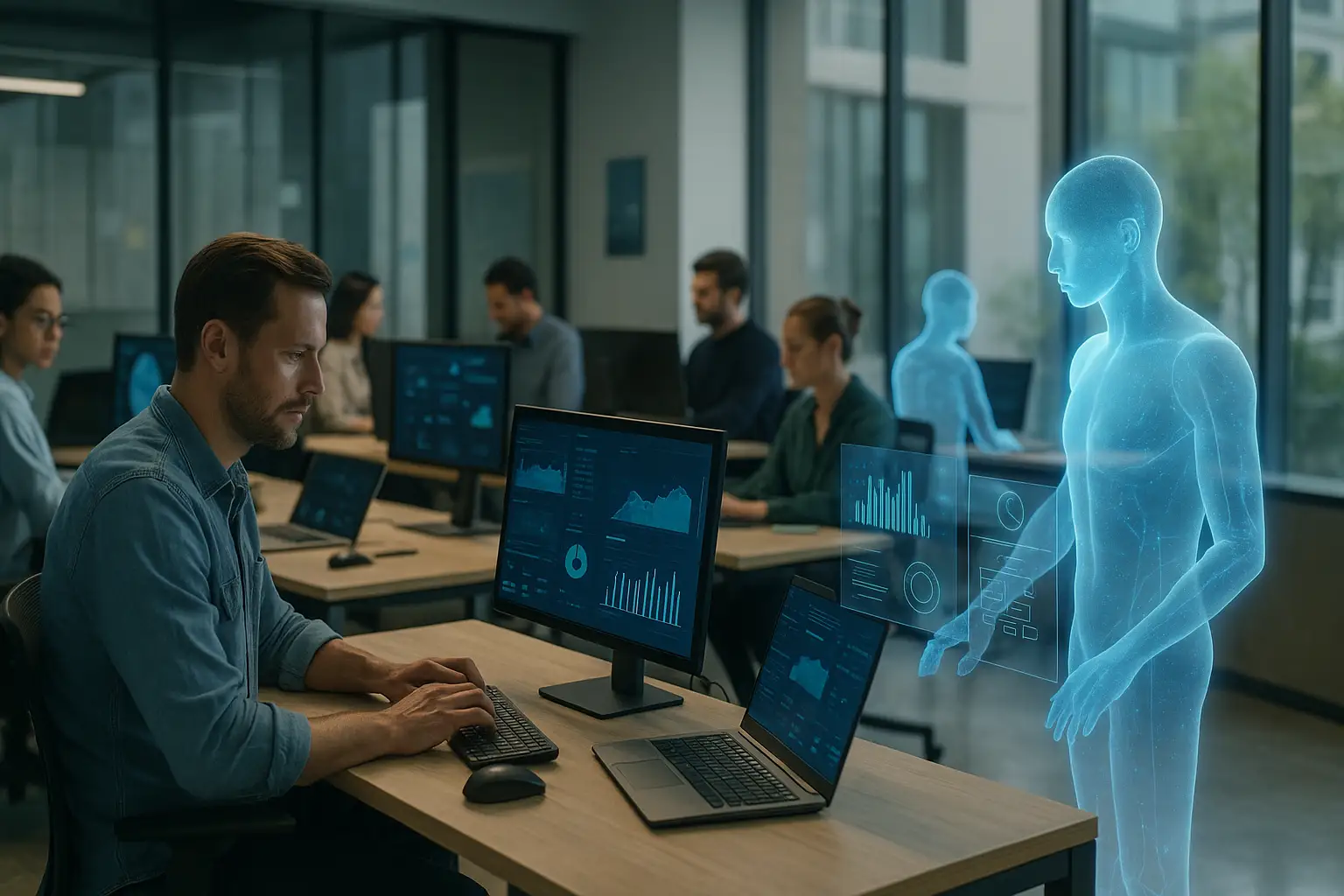
AI Agents: The Rise of Autonomous Digital Workers in Business and Software Engineering
1. Introduction
Artificial Intelligence has come a long way — from automating simple tasks to generating human-like text, code, and images.
But in 2025, AI is taking its boldest leap yet: autonomy.
Instead of being just responsive tools, AI is evolving into agents — digital entities that can think, plan, and act on their own.
They can schedule meetings, launch campaigns, write and deploy software, or even manage parts of a business ecosystem — without waiting for human instructions at every step.
This marks the dawn of the AI agent era — where automation gains intelligence, and intelligence gains independence.
2. What Are AI Agents?
AI agents are autonomous software systems capable of performing tasks, making decisions, and interacting with humans or other agents in dynamic environments.
They differ from traditional chatbots or assistants in three key ways:
- Memory: They retain context across sessions and learn from past actions.
- Goals: They pursue objectives rather than just answering prompts.
- Autonomy: They can take initiative, plan tasks, and execute them end-to-end.
Example:
An AI agent for project management can analyze deadlines, assign tasks to developers, write summary reports, and notify stakeholders — all without being prompted each time.
This evolution mirrors the shift from static automation to adaptive intelligence.
3. The Core Architecture of AI Agents
AI agents combine several advanced components:
- LLMs (Large Language Models): The reasoning and communication layer (e.g., GPT, Claude, Gemini).
- Memory systems: For short-term and long-term contextual storage.
- Planning engines: Tools that break complex goals into actionable steps.
- Tool integration: APIs and plugins to interact with external software.
- Feedback loops: Continuous learning from outcomes and human evaluations.
Together, these systems form an autonomous digital organism capable of goal-oriented work.
4. How AI Agents Are Transforming Business Operations
A. Automation Beyond Rules
Traditional automation follows fixed scripts. AI agents understand intent — they adapt dynamically, interpret goals, and handle unexpected inputs.
Example: In customer support, AI agents can analyze emotions, escalate issues when needed, and even predict churn risk — not just follow a predefined flow.
B. Autonomous Workflow Management
AI agents can plan and execute entire workflows — like generating code, testing software, deploying updates, and documenting results.
This is the foundation of AI-driven DevOps.
C. Real-Time Data Interpretation
In analytics, agents continuously scan business data, detect anomalies, and produce actionable insights — effectively serving as 24/7 digital analysts.
D. Decision Support
Executives can now rely on AI agents to simulate market outcomes or forecast KPIs before making strategic moves.
5. AI Agents in Software Development
Software engineering is becoming the ultimate testing ground for agentic AI.
1. Autonomous Coders
Tools like Devin AI, GitHub Copilot X, and ChatDev represent the next step in development automation.
They can write, debug, and even deploy applications while maintaining code quality and version control.
2. Continuous Collaboration
AI agents can act as teammates — reviewing pull requests, testing builds, generating documentation, and reporting bugs.
3. Multi-Agent Systems
Entire “teams” of AI agents can collaborate: one writes backend code, another handles UI, and a third manages integration testing — coordinated through natural language and APIs.
The result is exponential productivity, especially for software startups and innovation labs.
6. AI Agents in Business Ecosystems
Marketing and Sales
Autonomous agents can analyze market trends, create ad campaigns, optimize bids, and send personalized outreach — adapting continuously based on performance.
Finance and Operations
AI agents forecast budgets, detect anomalies in transactions, and automatically generate compliance reports.
Customer Experience
Instead of static chatbots, businesses deploy conversational AI agents capable of problem-solving, emotional tone detection, and upselling — all personalized to each customer.
In short, they don’t just assist operations — they own them.
7. The Emerging Market for AI Agents
By 2030, Gartner predicts that 40% of digital work will be executed by autonomous agents.
Startups and major tech players are already building ecosystems around it:
- OpenAI’s Custom GPTs – task-specific agents built by users.
- Microsoft Copilot Agents – workplace AI designed for enterprise automation.
- LangChain & AutoGPT – frameworks for building multi-step, autonomous agents.
- HuggingGPT – connects AI models to perform complex tasks collaboratively.
This ecosystem signals a new economic era — the AI workforce.
8. Opportunities and Challenges
Opportunities
- Scalability: AI agents can manage infinite workloads without burnout.
- 24/7 productivity: Always-on operations for global businesses.
- Innovation acceleration: Faster iteration in R&D, marketing, and development.
- Democratization: Small businesses gain access to “virtual employees.”
Challenges
- Accountability: Who is responsible when an autonomous system makes a mistake?
- Security risks: Malicious prompt injections or data leaks through integration.
- Ethics and transparency: Agents must act within defined ethical frameworks.
- Regulation: The EU AI Act and similar laws may define new rules for agentic systems.
Balancing autonomy with oversight will be key to sustainable AI adoption.
9. The Human–AI Collaboration Model
AI agents don’t replace humans — they amplify them.
The future workplace will be built on hybrid collaboration between people and digital workers.
Humans provide creativity, ethics, and emotional intelligence.
Agents provide computation, consistency, and adaptability.
In this partnership, humans evolve into orchestrators of intelligence — managing AI-driven systems rather than performing repetitive tasks.
10. The Future of the AI Workforce
By 2035, most organizations will employ mixed teams of human and digital workers.
A marketing team might include:
- 3 human strategists,
- 5 AI agents for campaign automation,
- 2 specialized agents for analytics and copywriting.
Software houses will scale globally by hiring AI-first teams, where agents handle testing, maintenance, and optimization — freeing human engineers for design and innovation.
Ultimately, this shift redefines the meaning of “work.”
In the AI agent era, productivity will no longer depend on headcount — but on intelligence capacity.
Conclusion
AI agents mark a turning point in the digital revolution.
They’re not just tools — they’re collaborators, colleagues, and creators.
Businesses that learn to integrate autonomous agents into their workflows will gain a competitive advantage in speed, insight, and scalability.
Those that don’t risk falling behind a workforce that never sleeps, learns constantly, and operates without limits.
The next generation of innovation won’t come from hiring more people —
but from hiring more intelligence.
Przeglądaj inne artykuły

When to Fire Sellers: Why the Best Marketplaces Grow Faster by Shrinking Supply
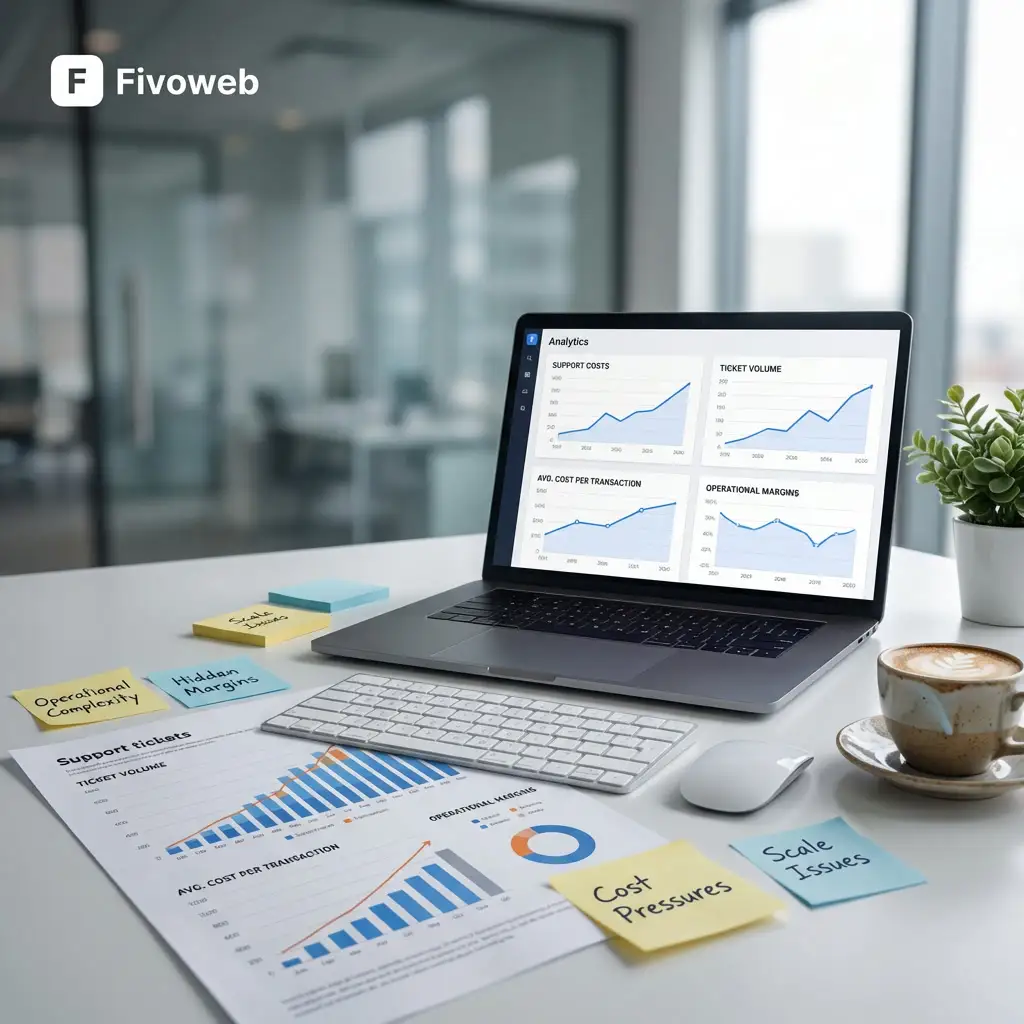
Marketplace Support Costs: The Hidden Margin Killer No One Models
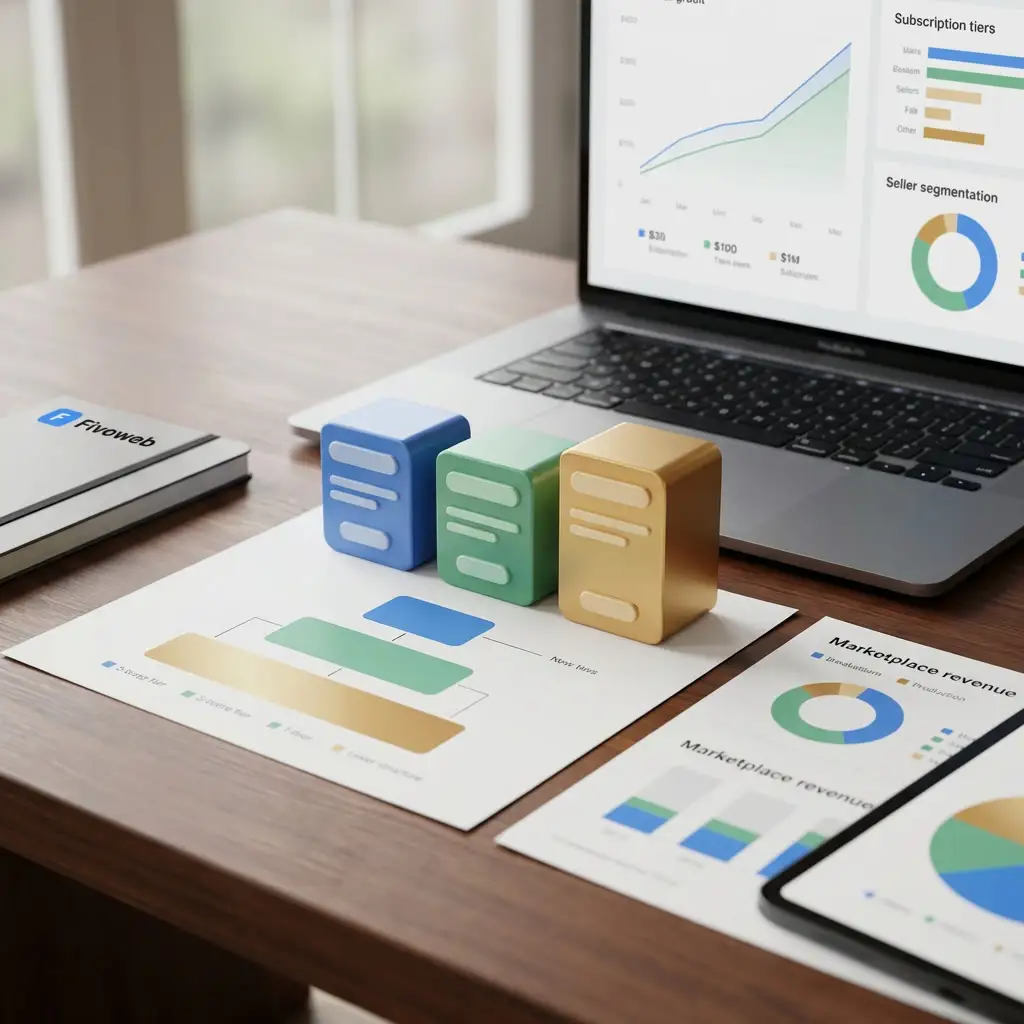
Tiered Pricing Without Backlash: How to Monetize Sellers Without Killing Growth
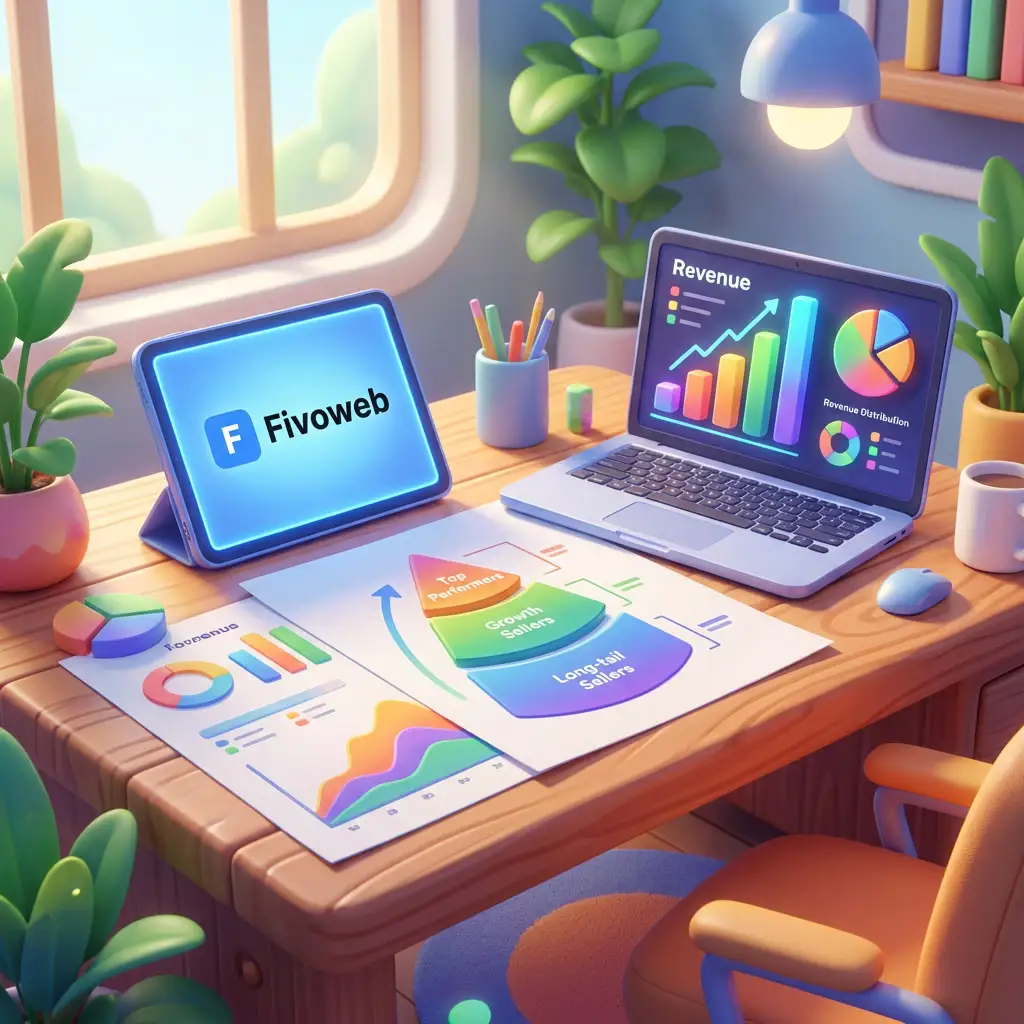
Seller Segmentation: The Missing System Behind Profitable Marketplaces

Why Most Marketplaces Die at €1–3M GMV (And How to Avoid It)
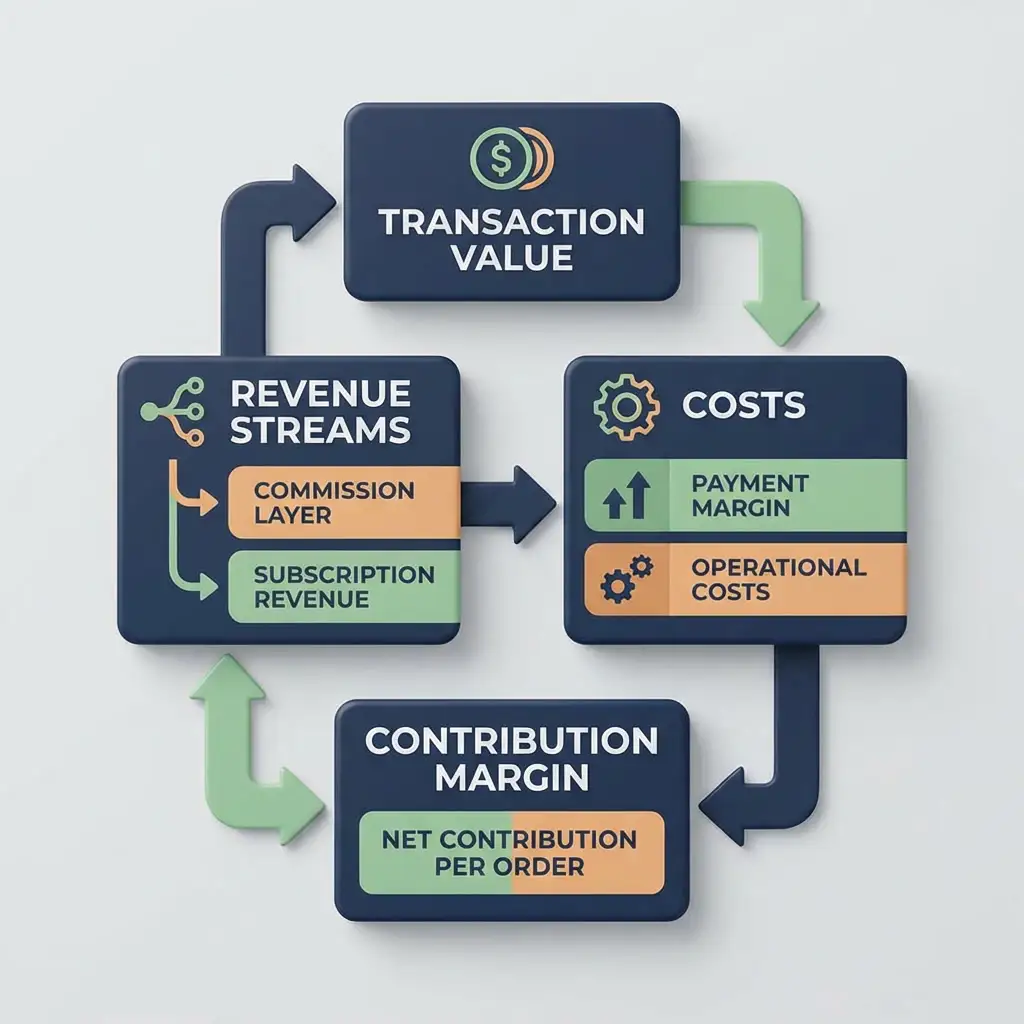
Marketplace Unit Economics: When Growth Actually Becomes Profitable
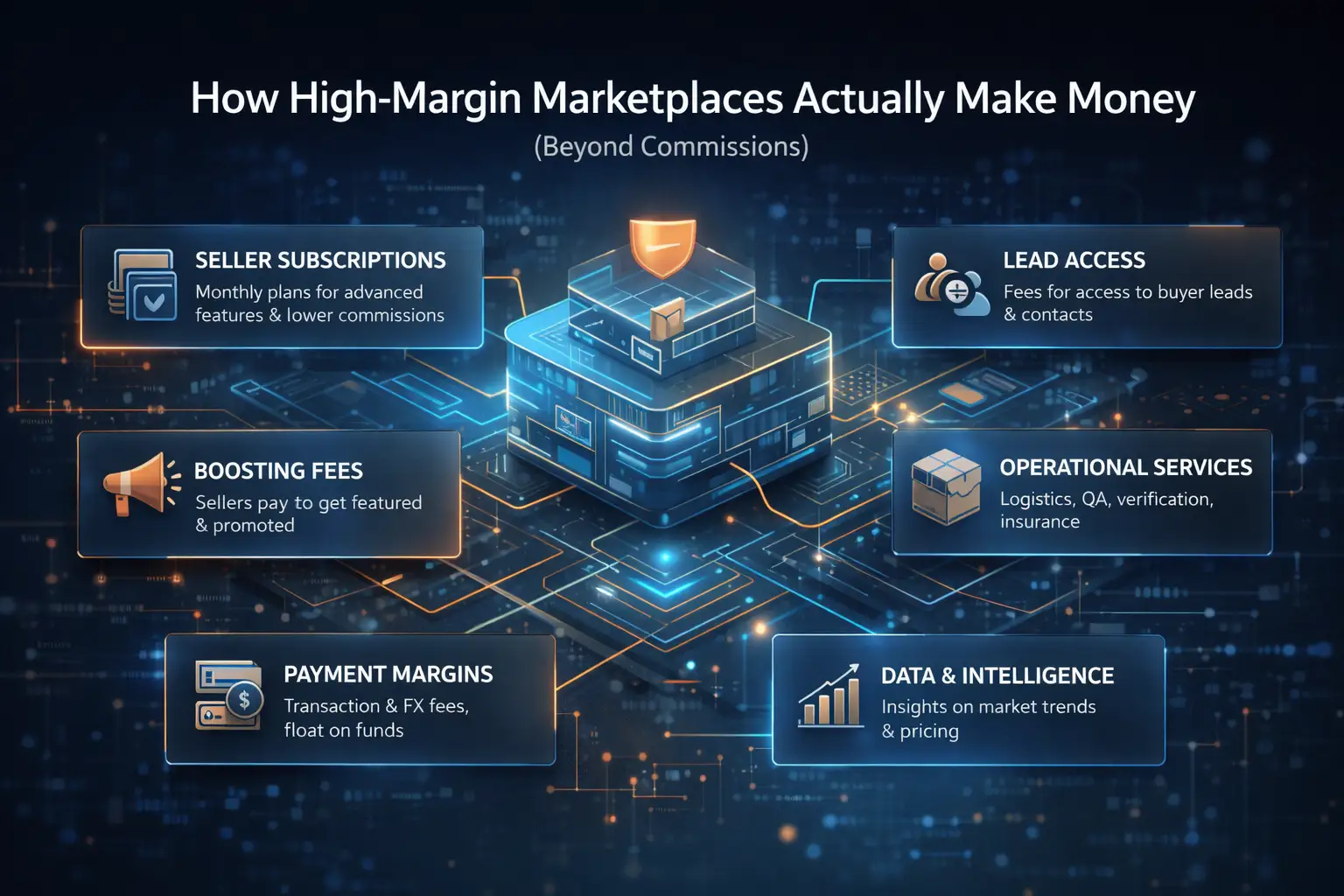
How High-Margin Marketplaces Actually Make Money (Beyond Commissions)
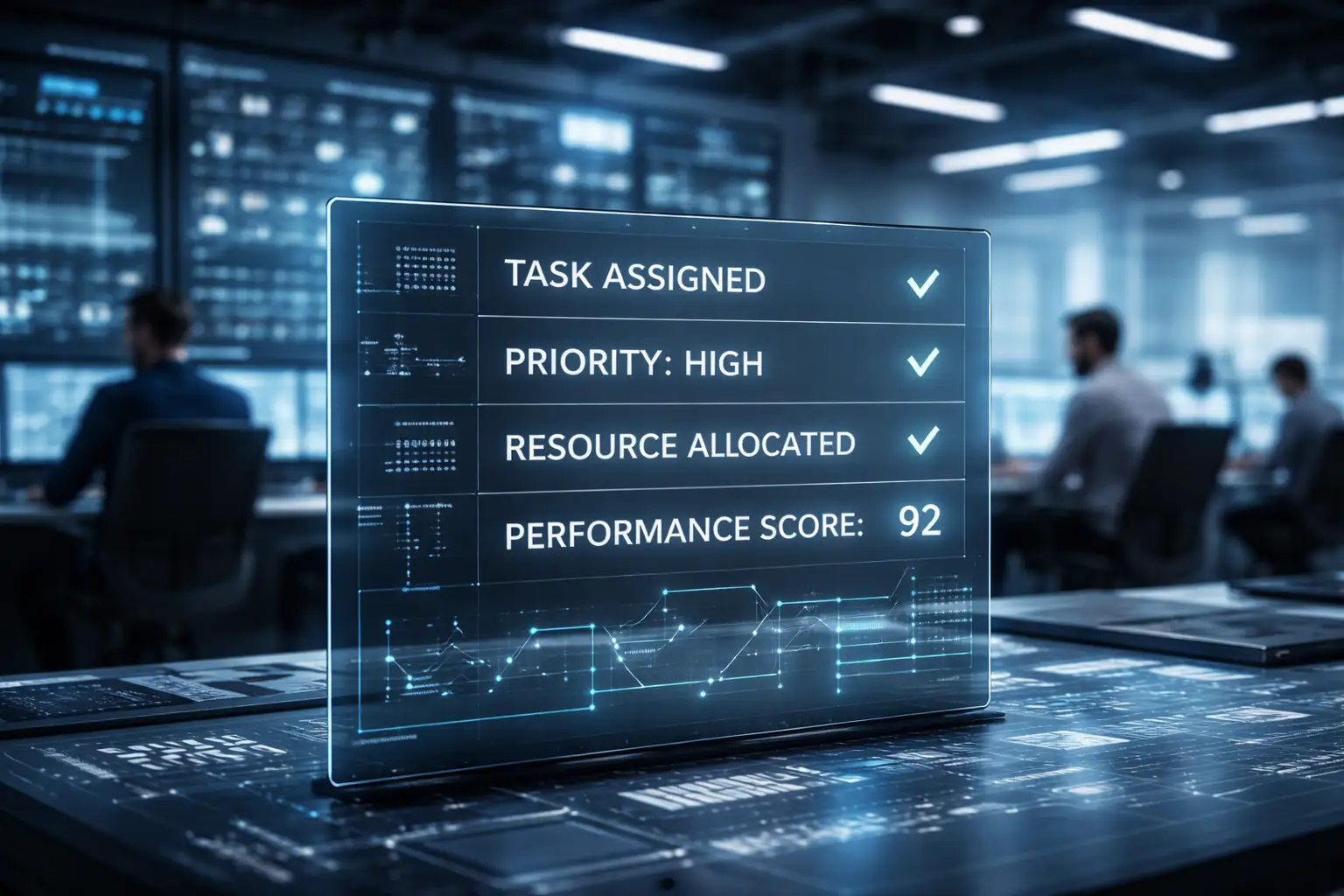
Algorithmic Middle Management: How Software Replaces Control Layers
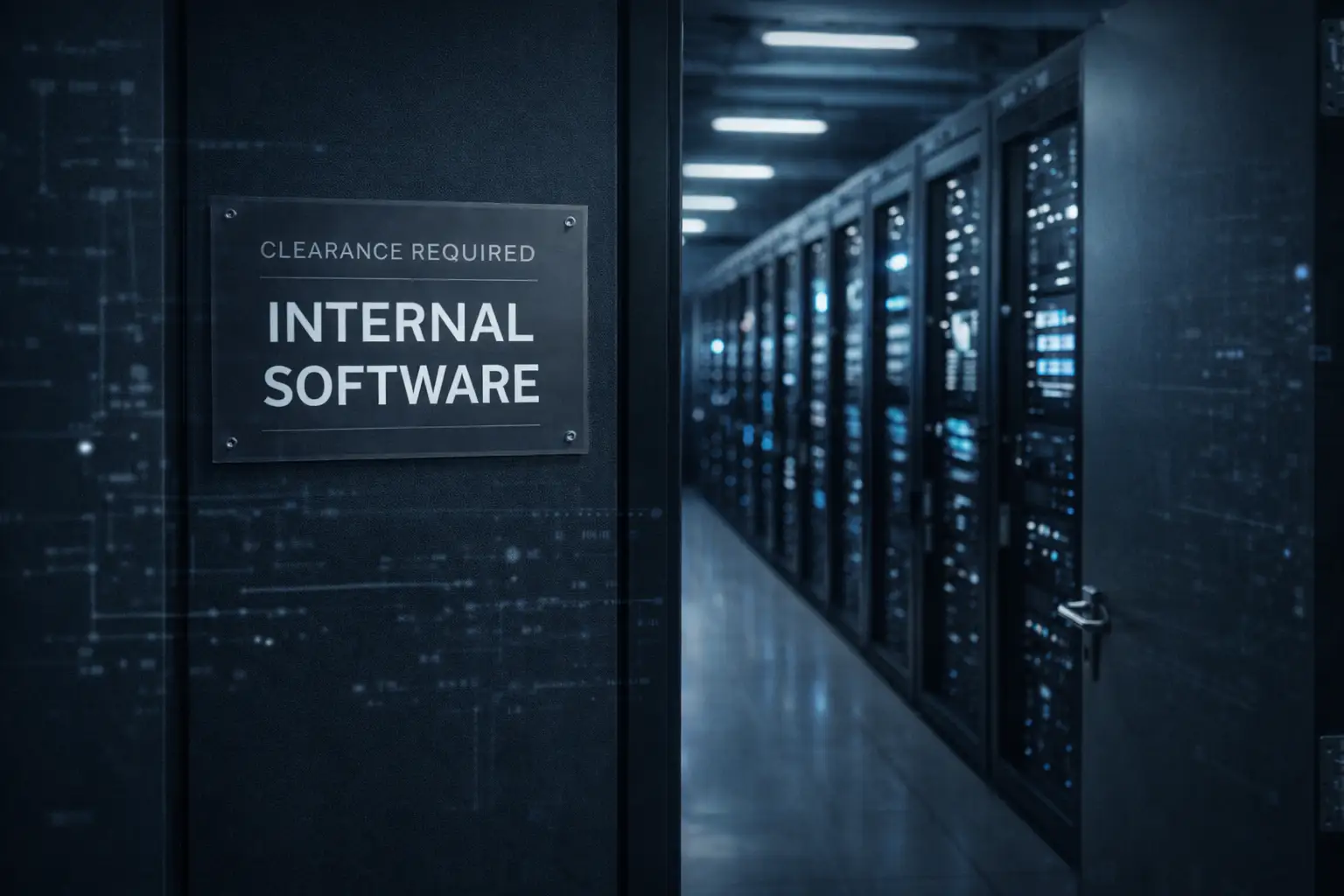
The Rise of Internal Software: Why the Most Profitable Digital Products Are Built for Companies, Not
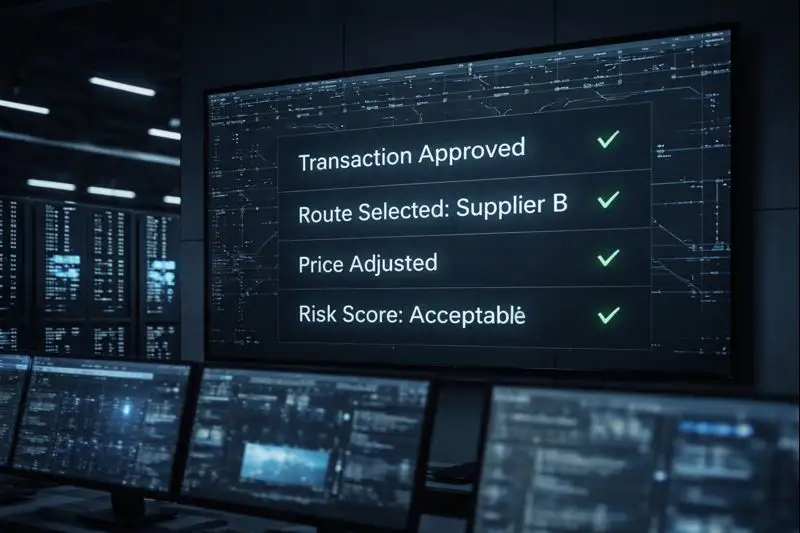
Decision-Centric Software: Why the Real Value of Digital Products Is Shifting from Features to Decis
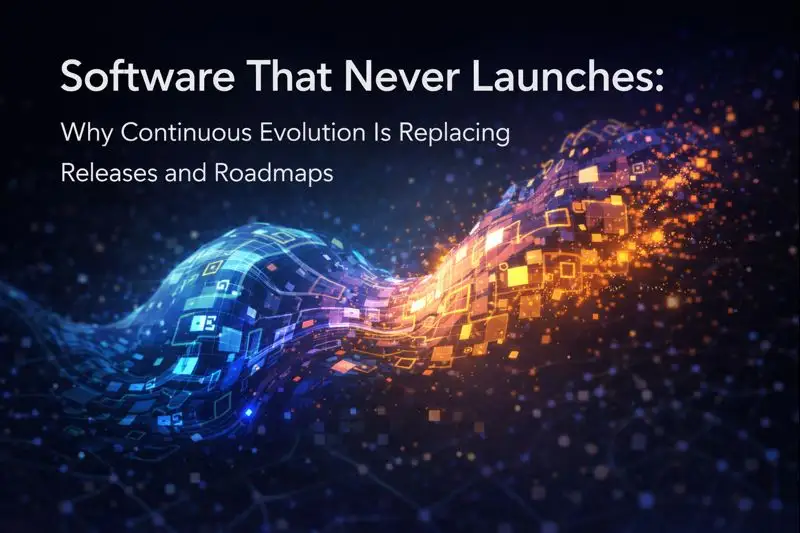
Software That Never Launches: Why Continuous Evolution Is Replacing Releases and Roadmaps
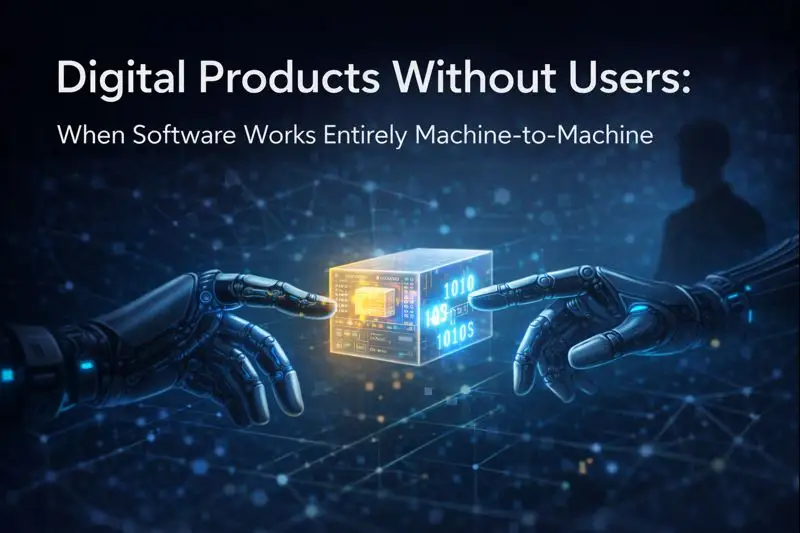
Digital Products Without Users: When Software Works Entirely Machine-to-Machine
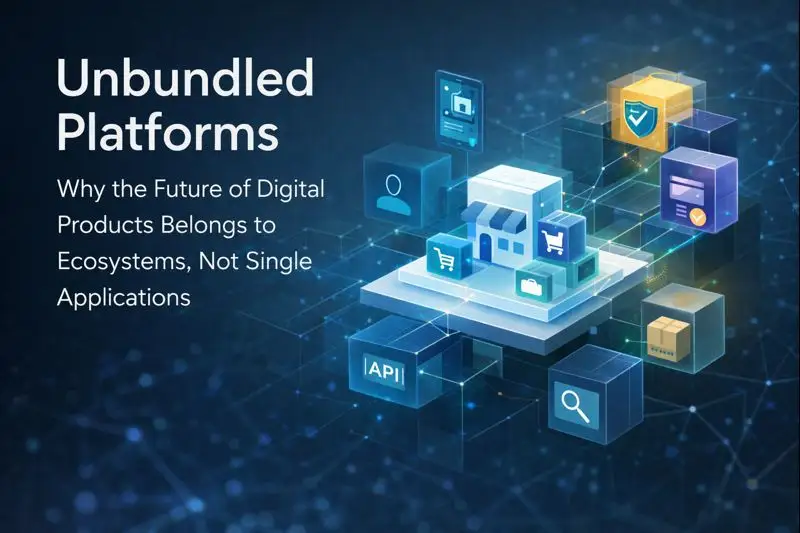
Unbundled Platforms: Why the Future of Digital Products Belongs to Ecosystems, Not Single Applicatio

Silent Software: Why the Most Valuable Digital Products of the Future Will Be the Ones Users Barely
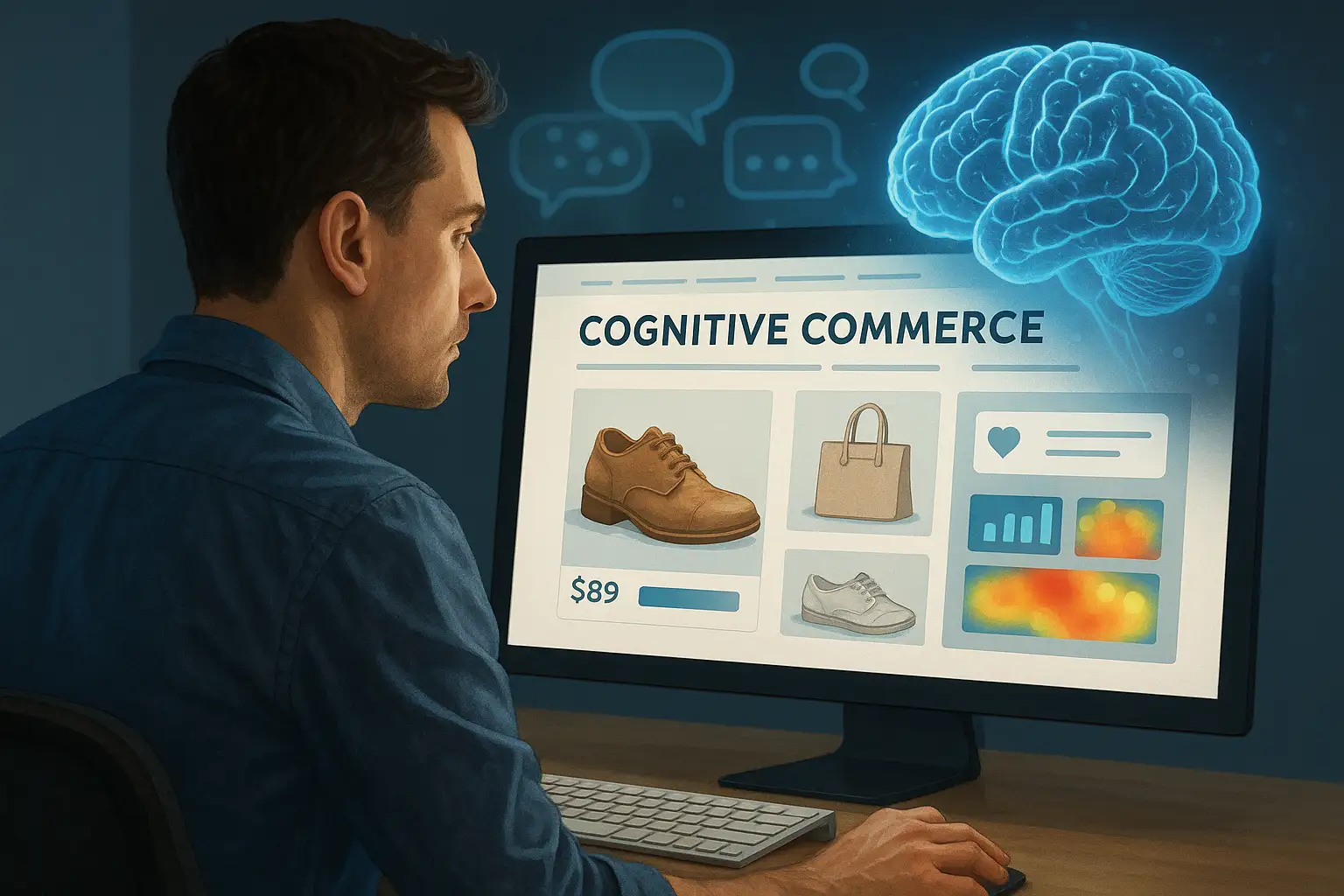
Cognitive Commerce: How AI Learns to Think Like Your Customers and Redefines Digital Shopping

Predictive UX: How AI Anticipates User Behavior Before It Happens

AI-Driven Product Innovation: How Intelligent Systems Are Transforming the Way Digital Products Are
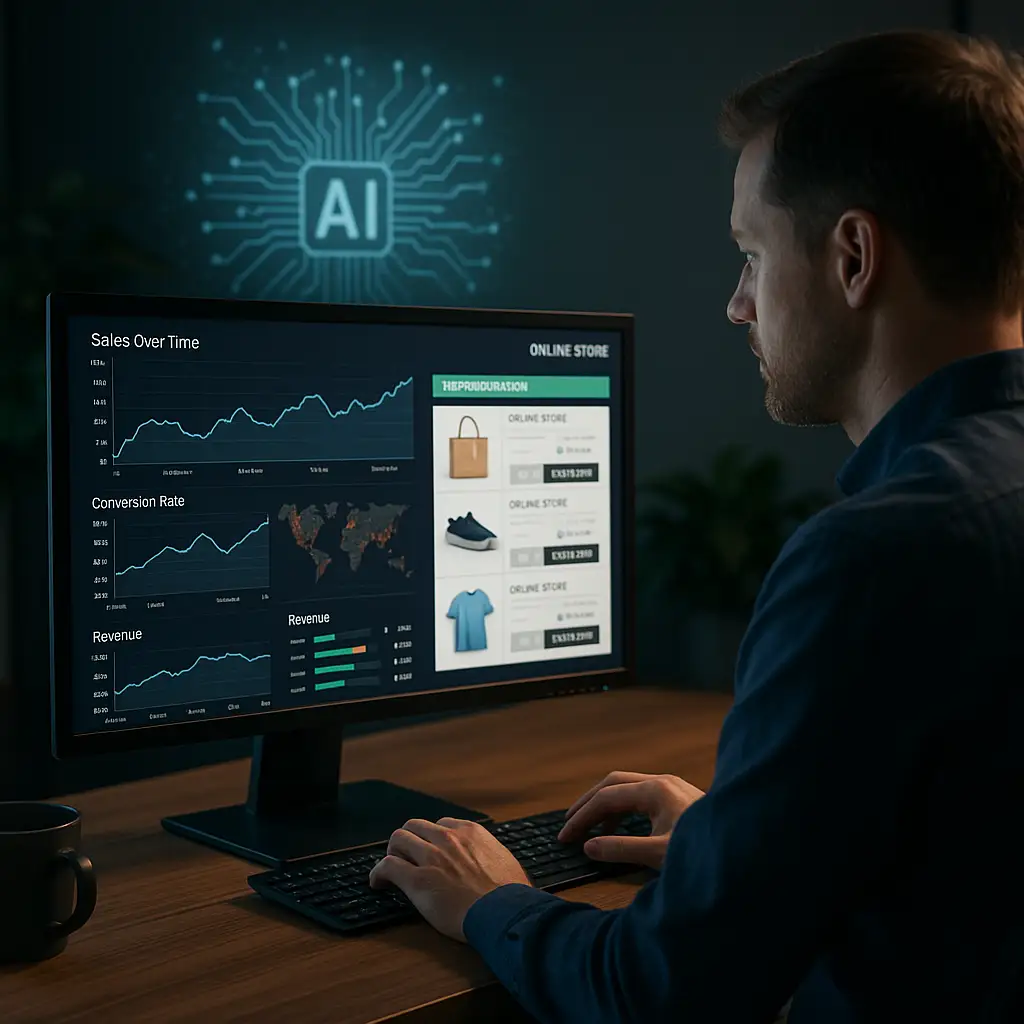
Adaptive Commerce: How AI-Driven Systems Automatically Optimize Online Stores in Real Time
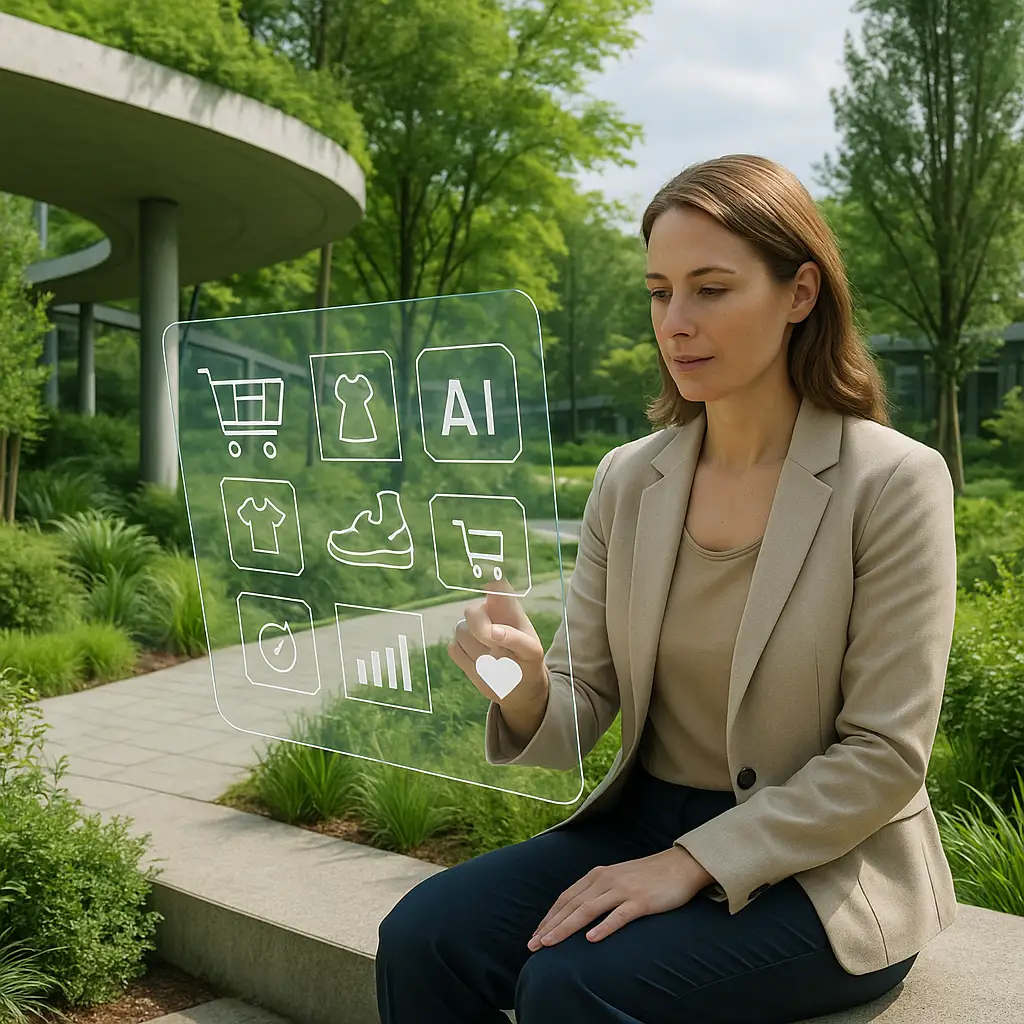
Zero-UI Commerce: How Invisible Interfaces Are Becoming the Future of Online Shopping

AI Merchandising: How Intelligent Algorithms Are Transforming Product Discovery in Modern E-Commerce

Composable Commerce: How Modular Architecture Is Reshaping Modern E-Commerce and Marketplace Develop

Context-Aware Software: How Apps Are Becoming Smarter, Adaptive, and Environment-Responsive
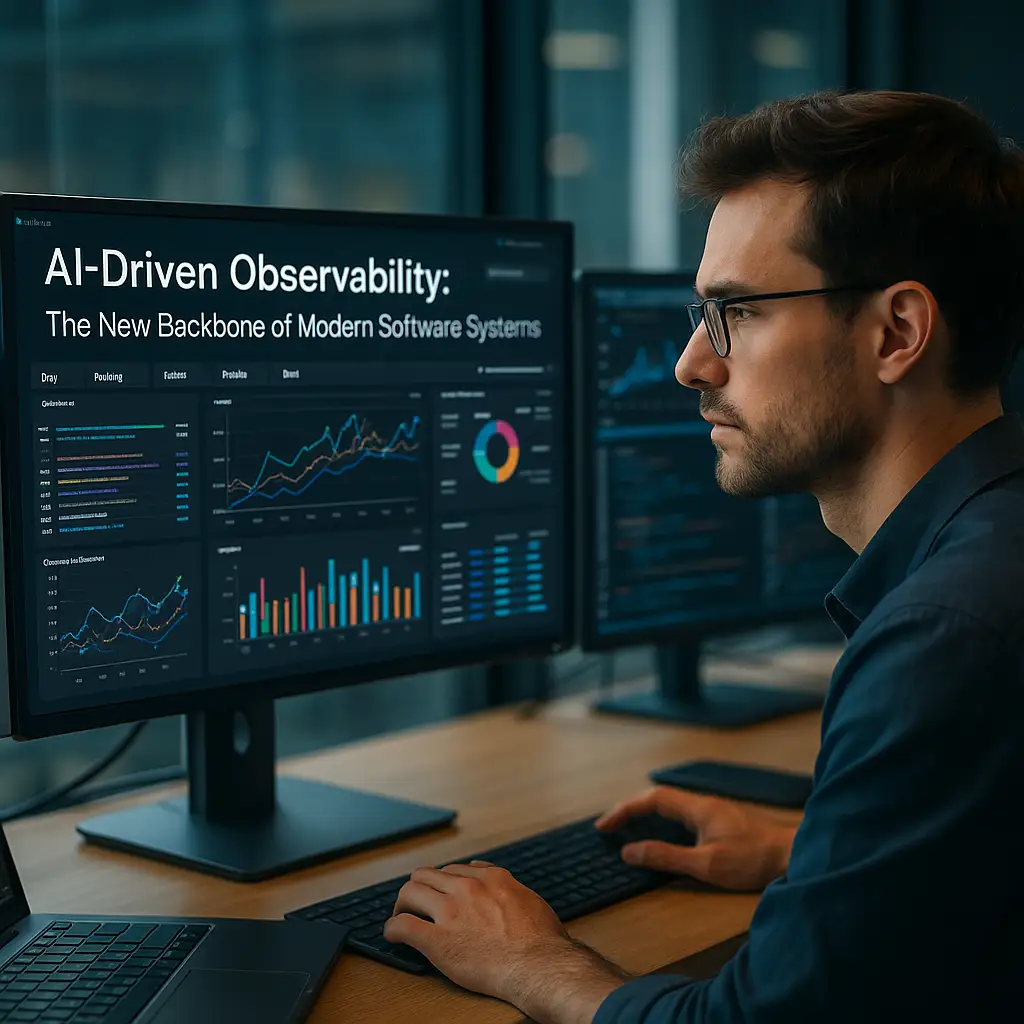
AI-Driven Observability: The New Backbone of Modern Software Systems

Hyper-Personalized Software: How AI Is Creating Products That Adapt Themselves to Every User
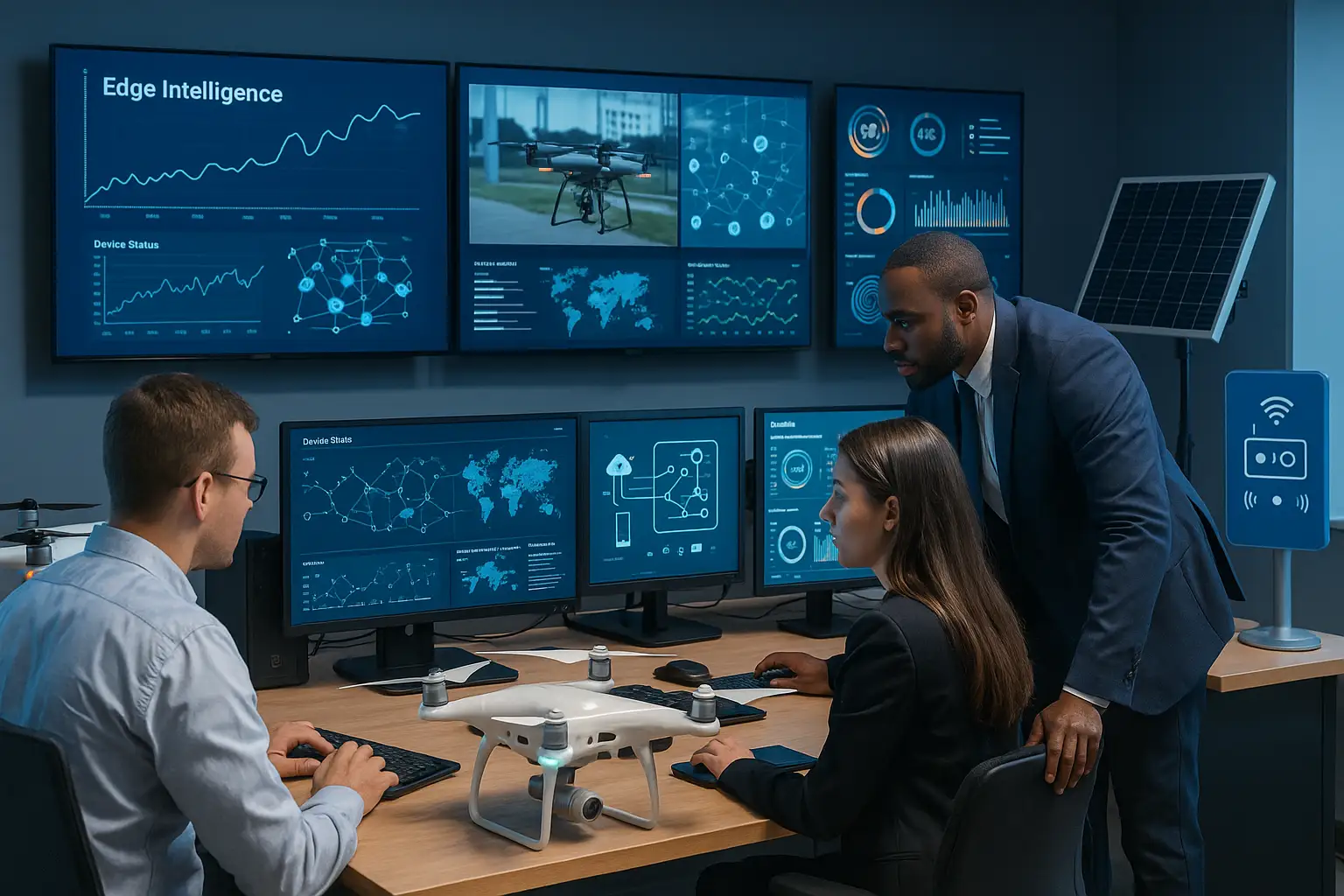
Edge Intelligence: The Future of Smart, Decentralized Computing

AI-Powered Cybersecurity: How Intelligent Systems Are Redefining Digital Defense

Modern Software: How Our Company Is Reshaping the Technology Landscape

From Digital Transformation to Digital Maturity: Building the Next Generation of Tech-Driven Busines
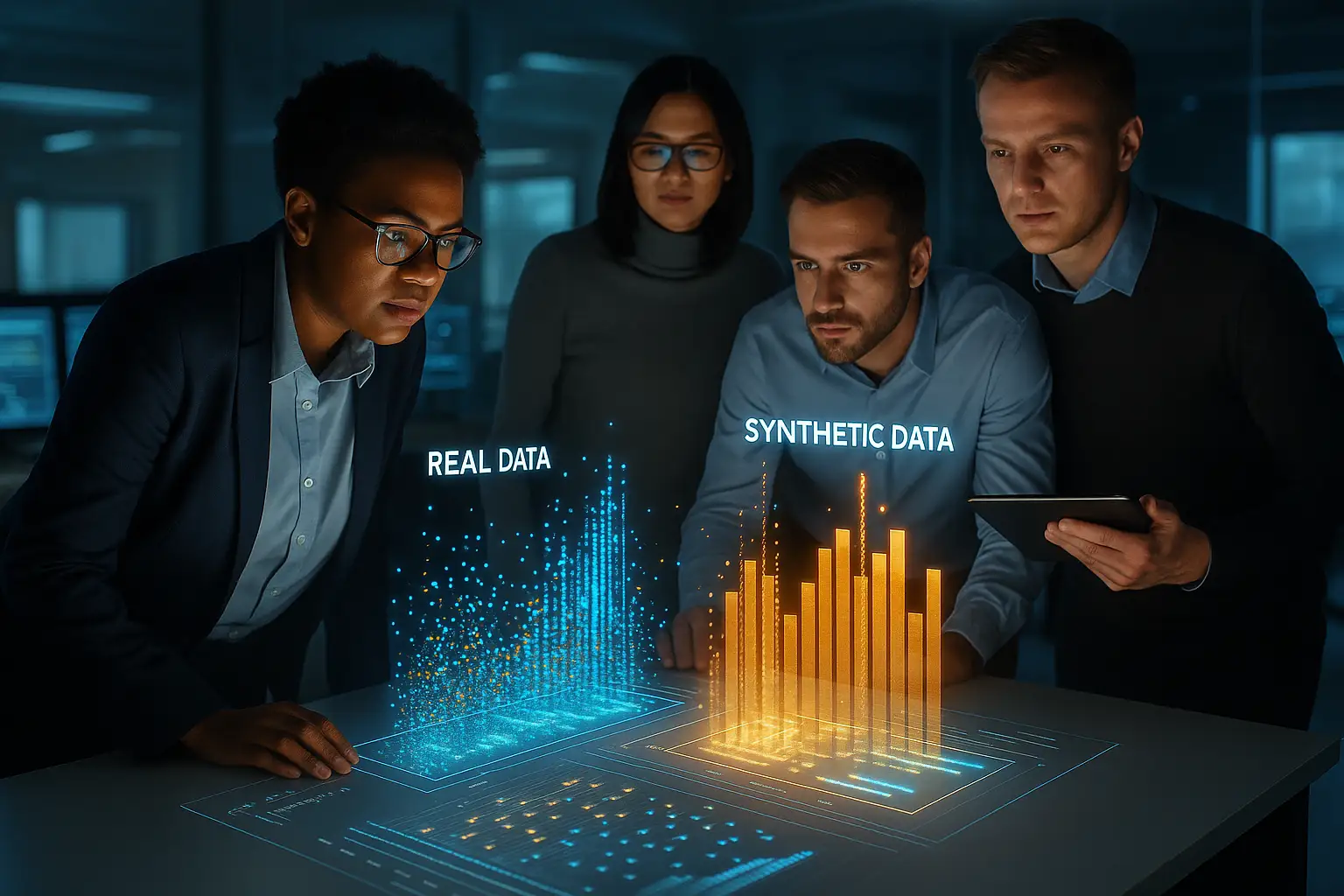
Synthetic Data: The Next Frontier of AI and Business Intelligence

Quantum AI: How Quantum Computing Will Redefine Artificial Intelligence and Software Engineering
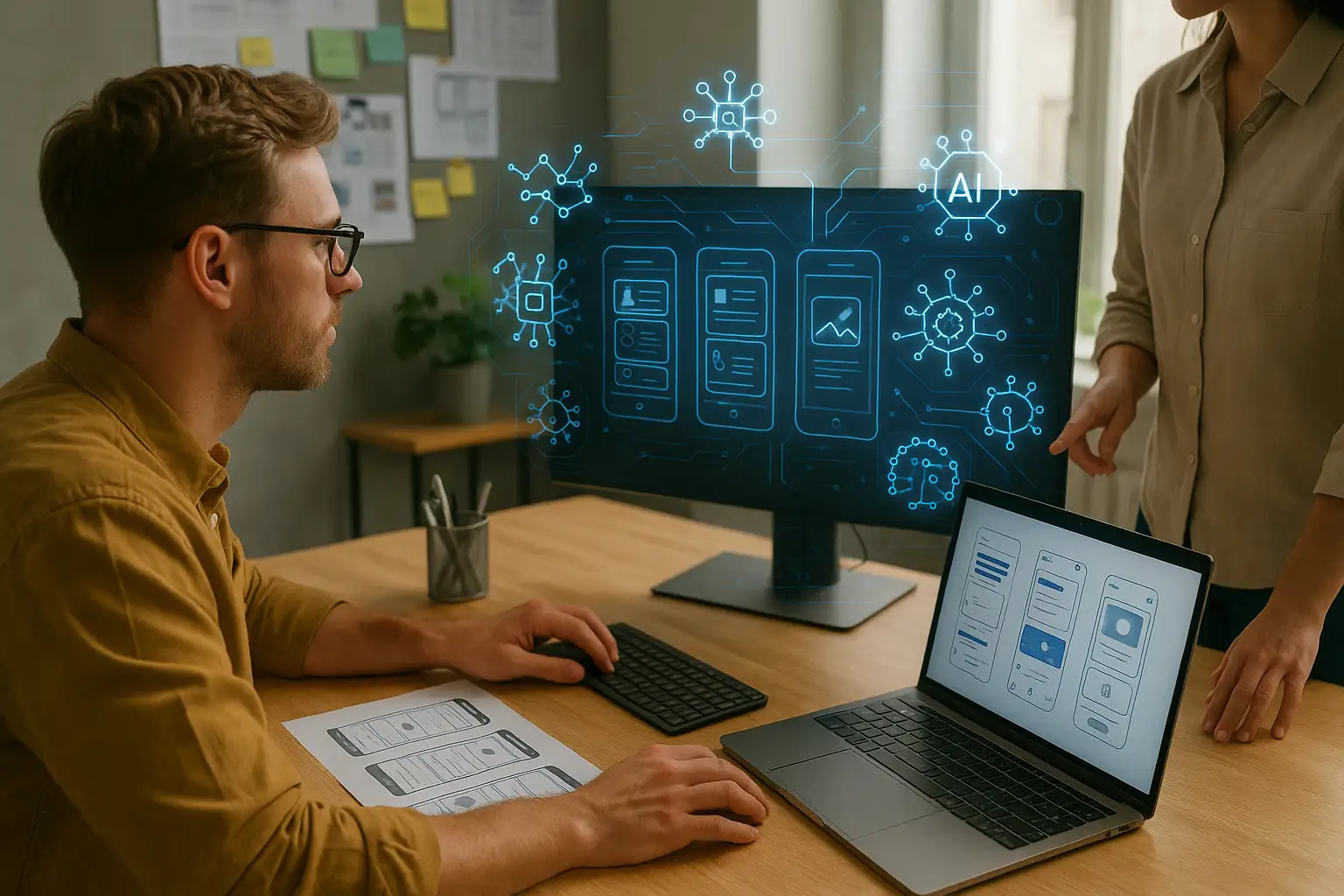
Design Intelligence: How AI Is Redefining UX/UI and Digital Product Creativity
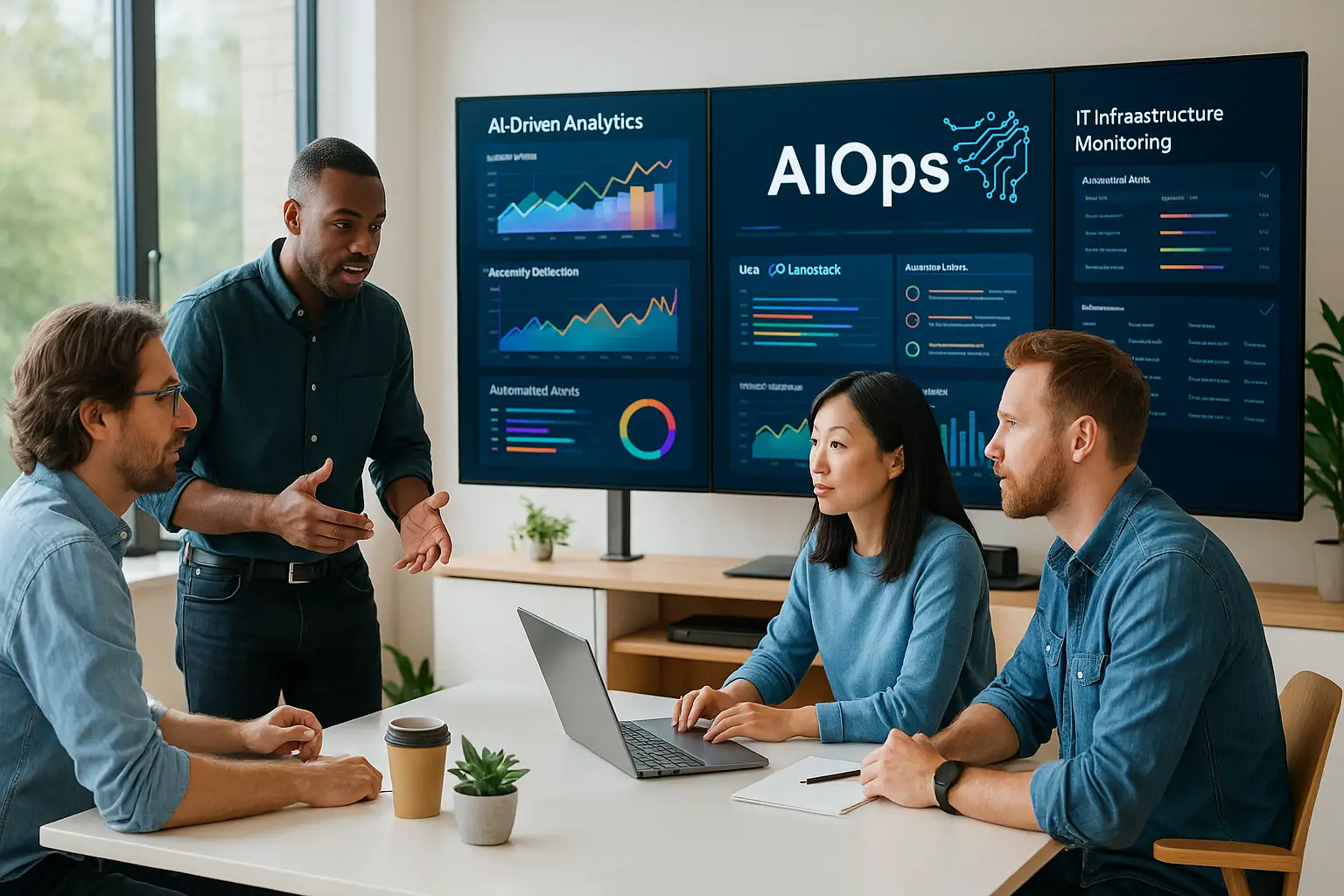
How Artificial Intelligence Is Transforming DevOps and IT Infrastructure
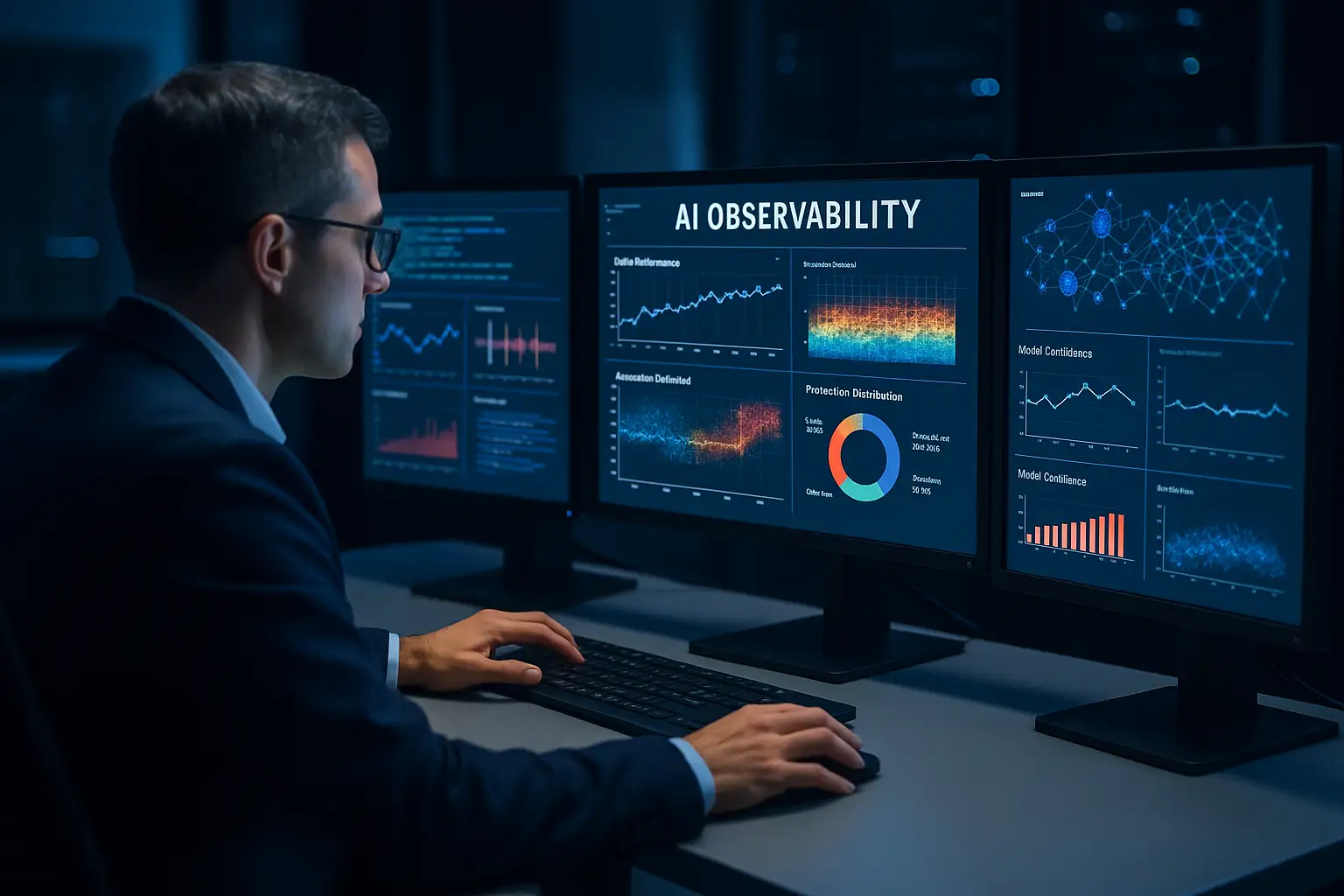
AI Observability in Production: Monitoring, Anomaly Detection, and Feedback Loops for Smart Applicat
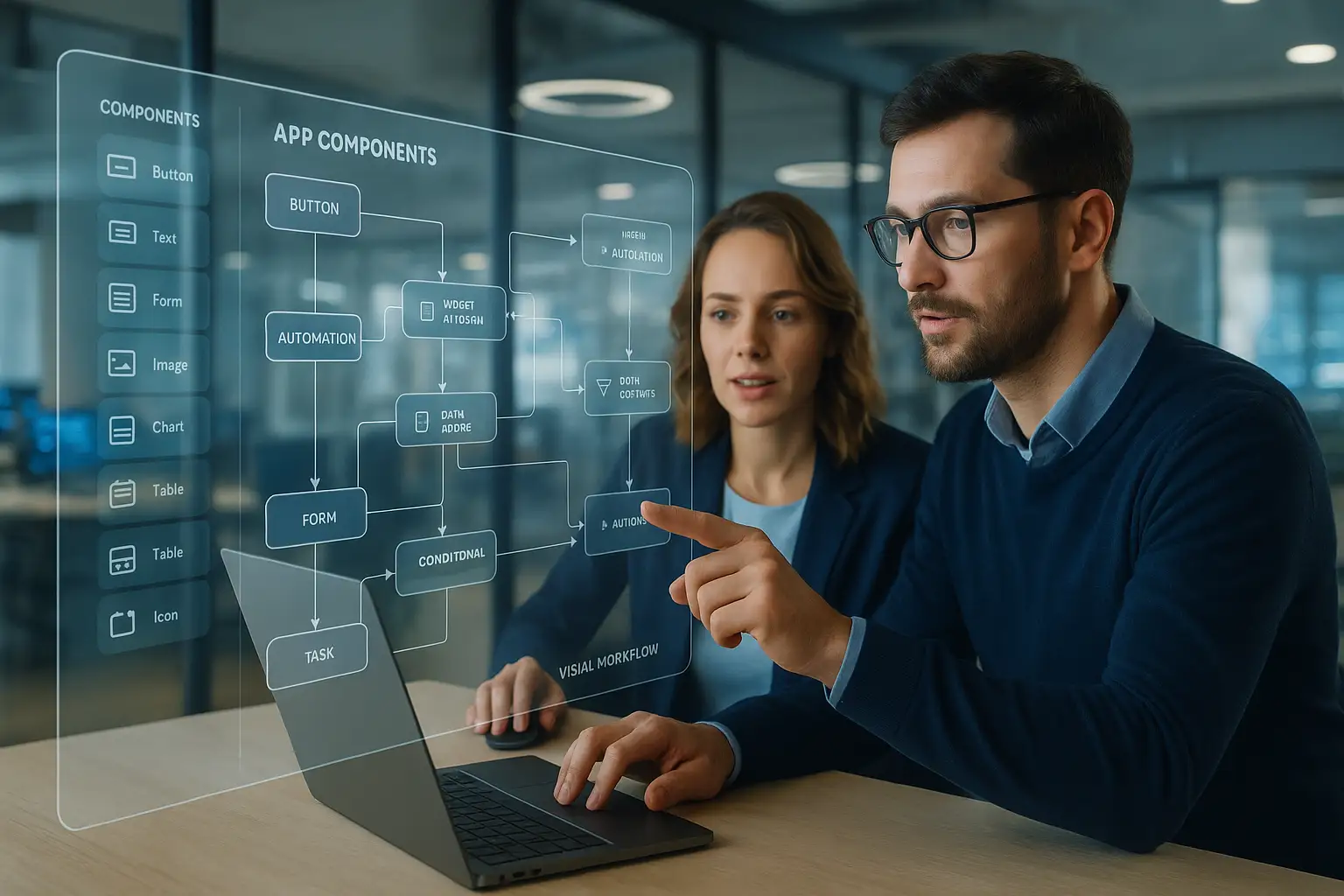
Low-Code Revolution: How Visual Development Is Transforming Software and Marketplace Creation
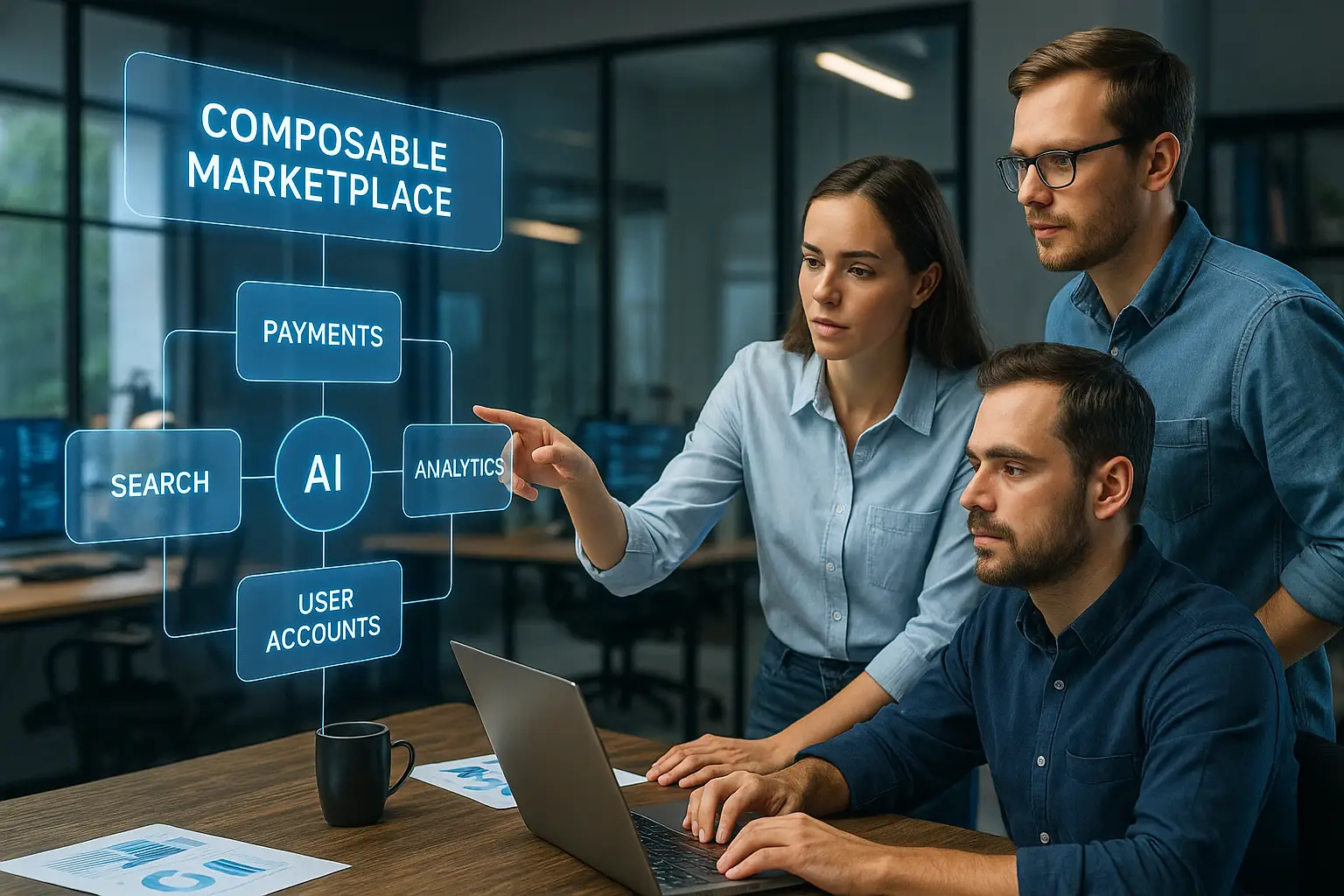
Composable Marketplaces: How Modular Architecture Is the Future of Platform Engineering
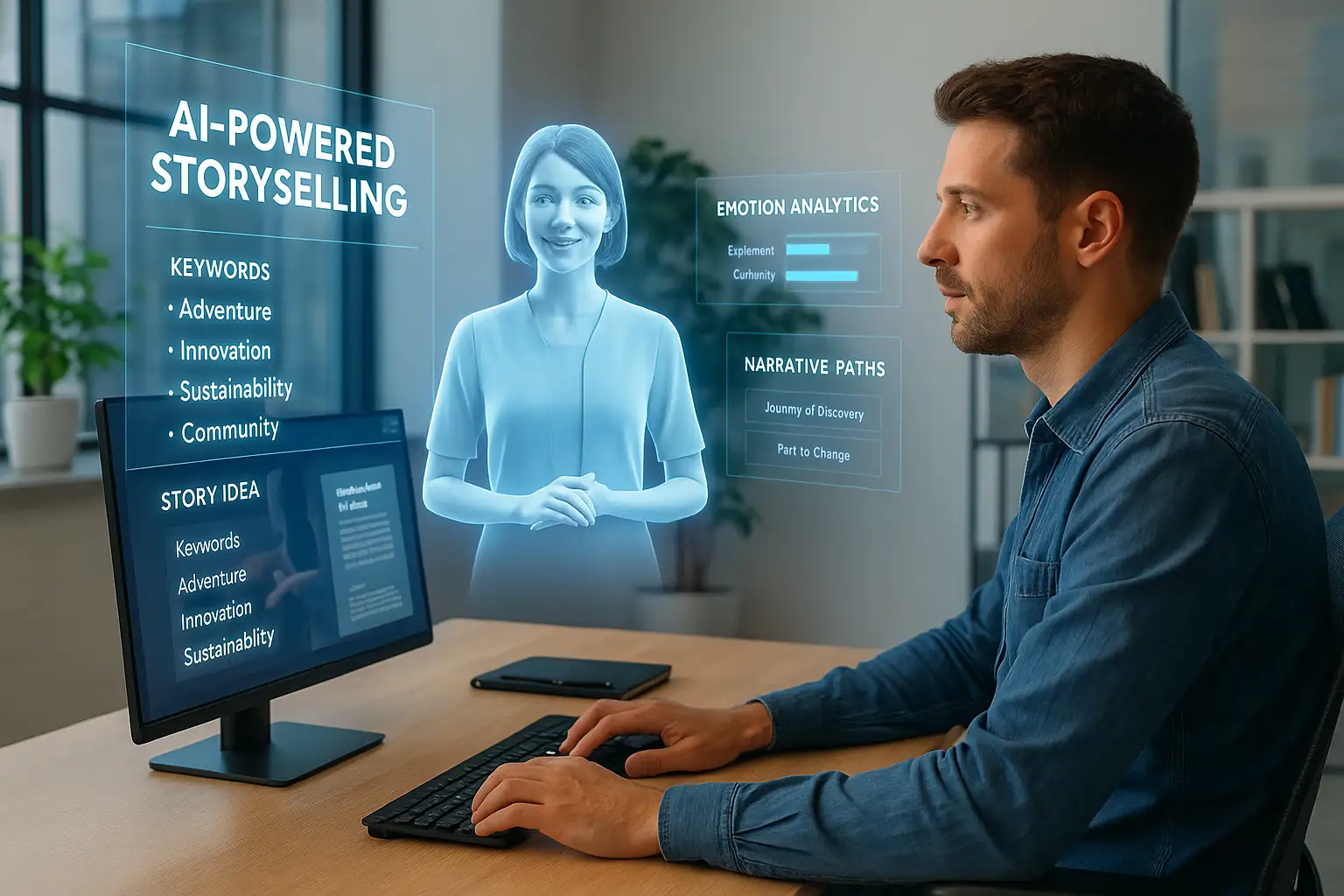
AI-Powered Storyselling: How Artificial Intelligence Is Reinventing Brand Narratives
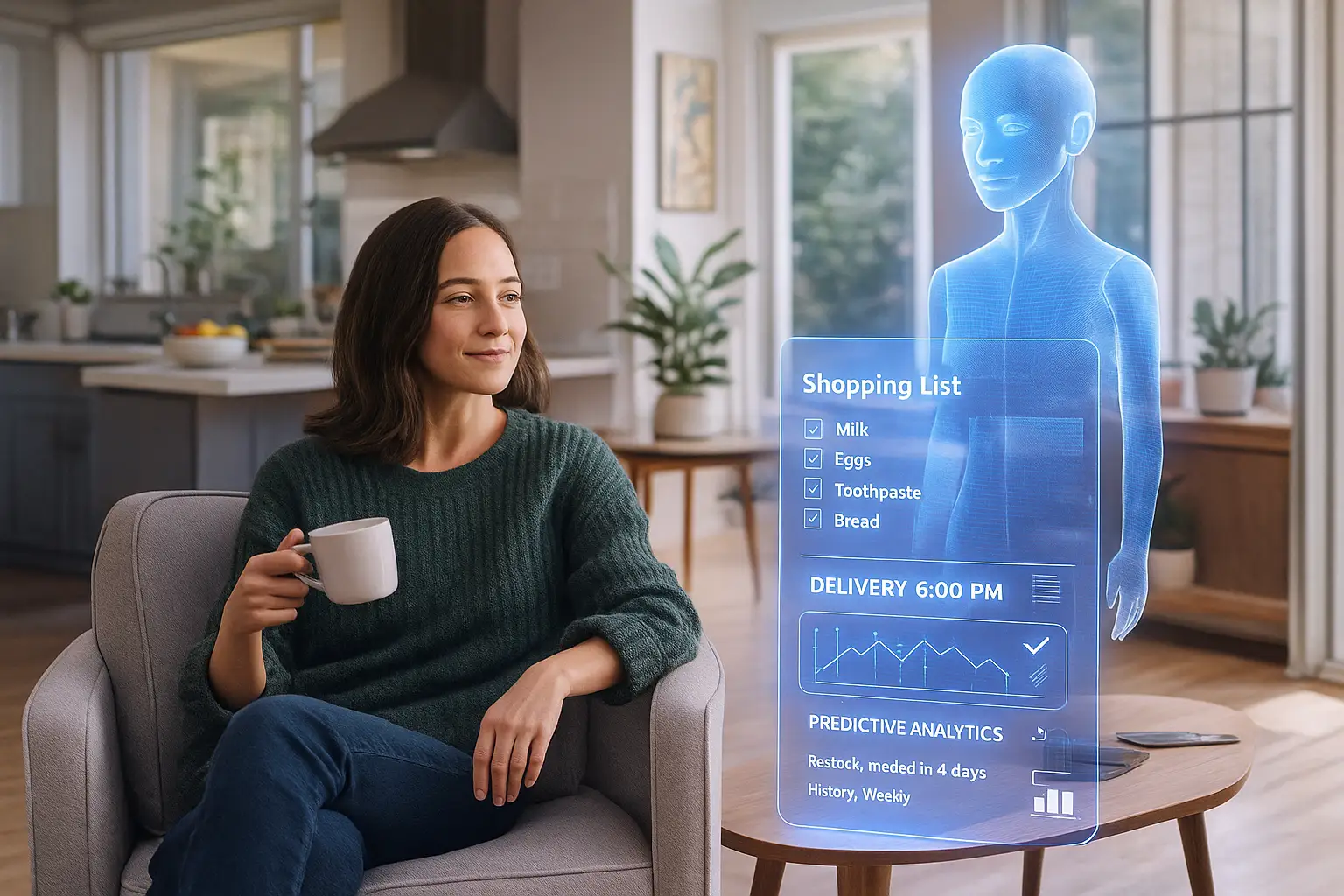
The Era of Invisible Commerce: How AI Will Make Shopping Disappear by 2030
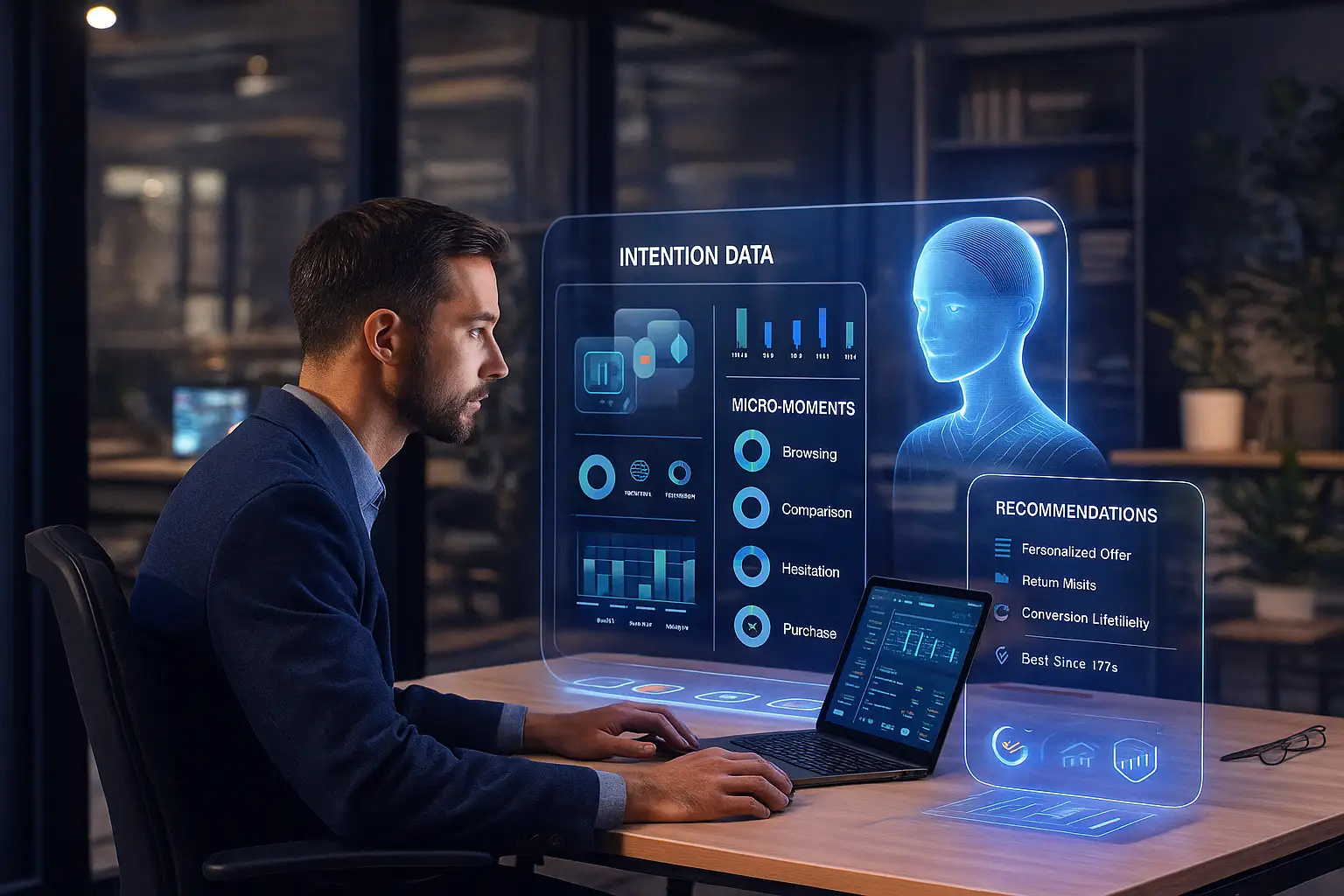
From Attention to Intention: The New Era of E-Commerce Engagement
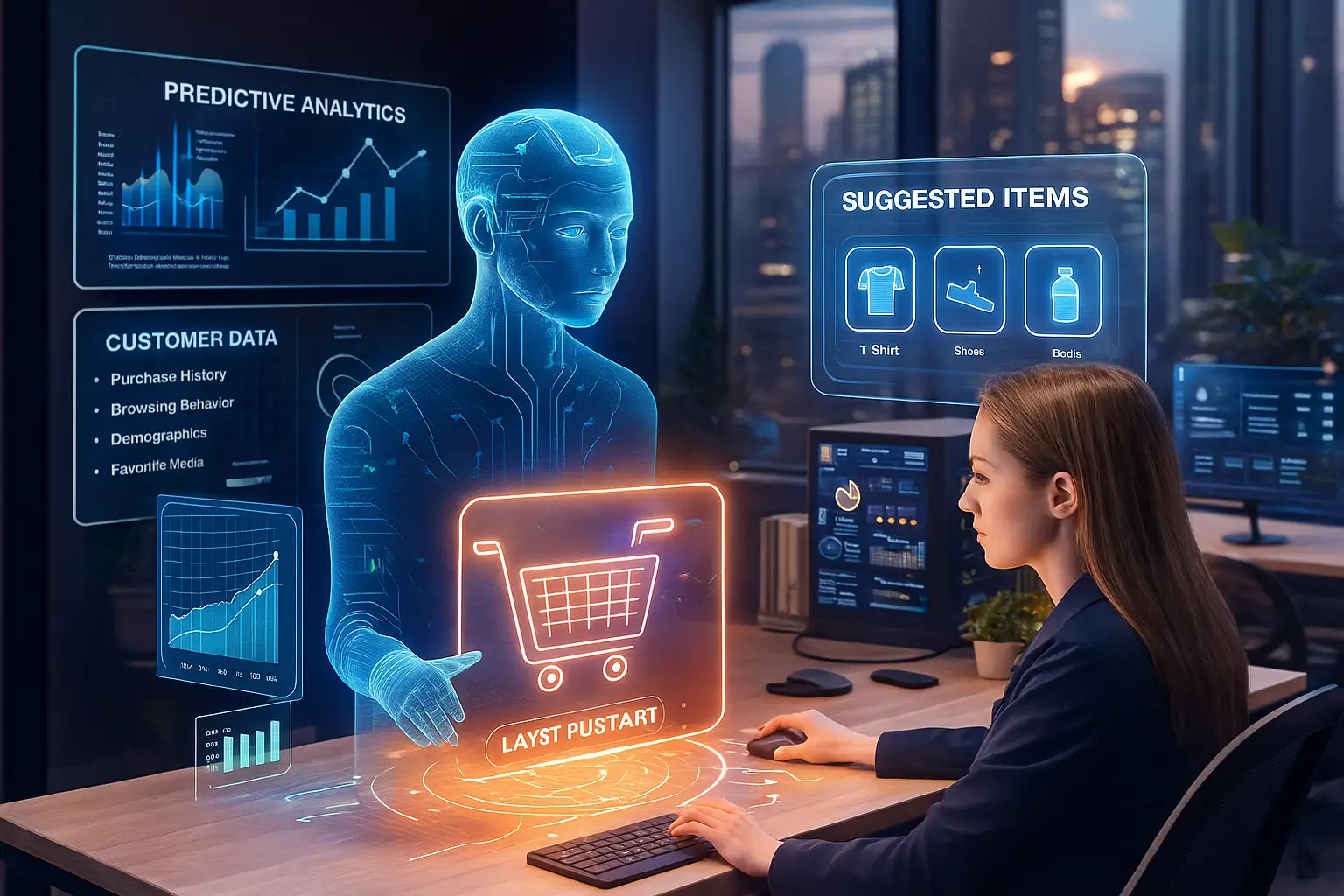
Predictive Commerce: How AI Can Anticipate What Your Customers Will Buy Next

Digital Trust 2030: How AI and Cybersecurity Will Redefine Safety in the Digital Age
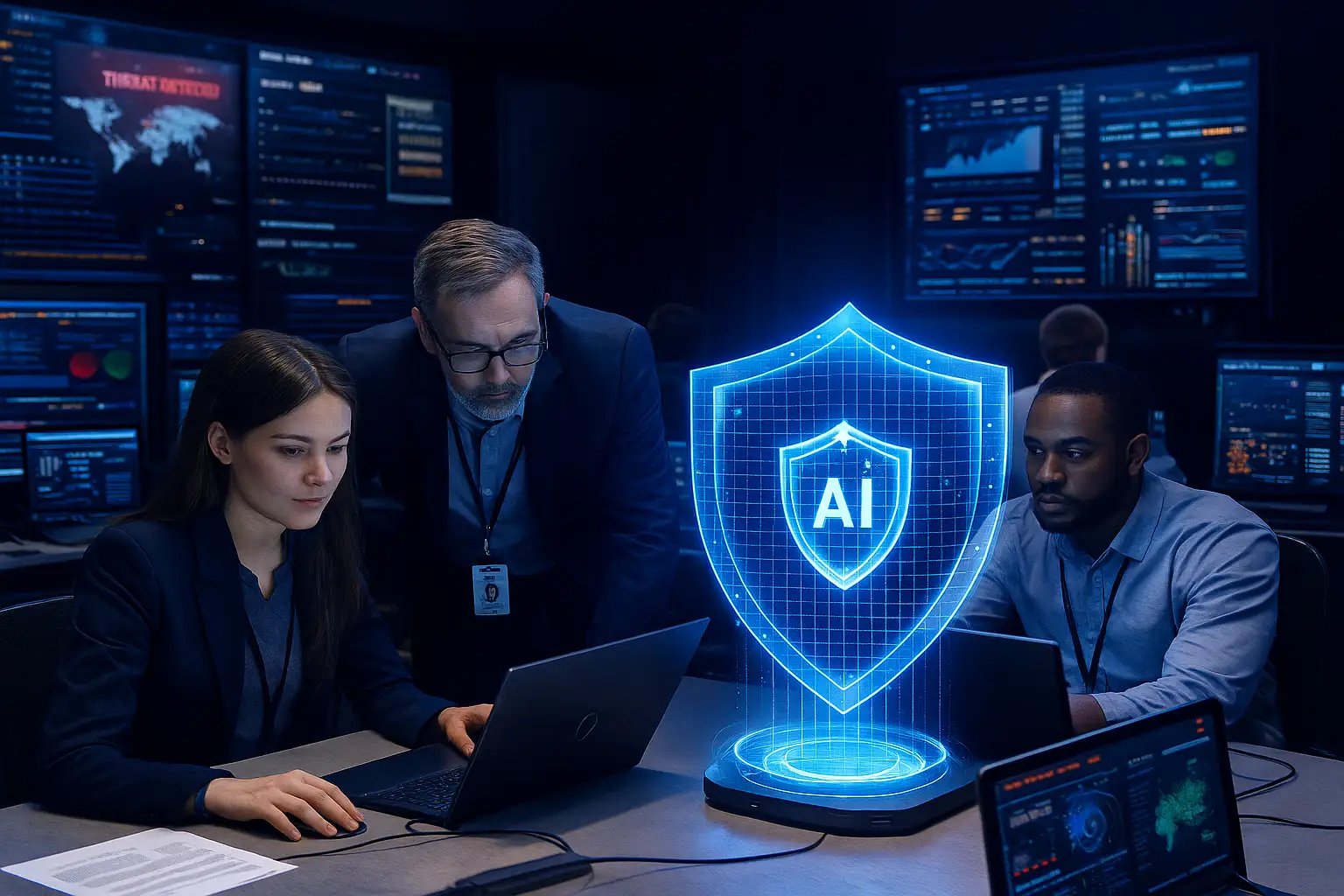
Cybersecurity in the Age of AI: Protecting Digital Trust in 2025–2030
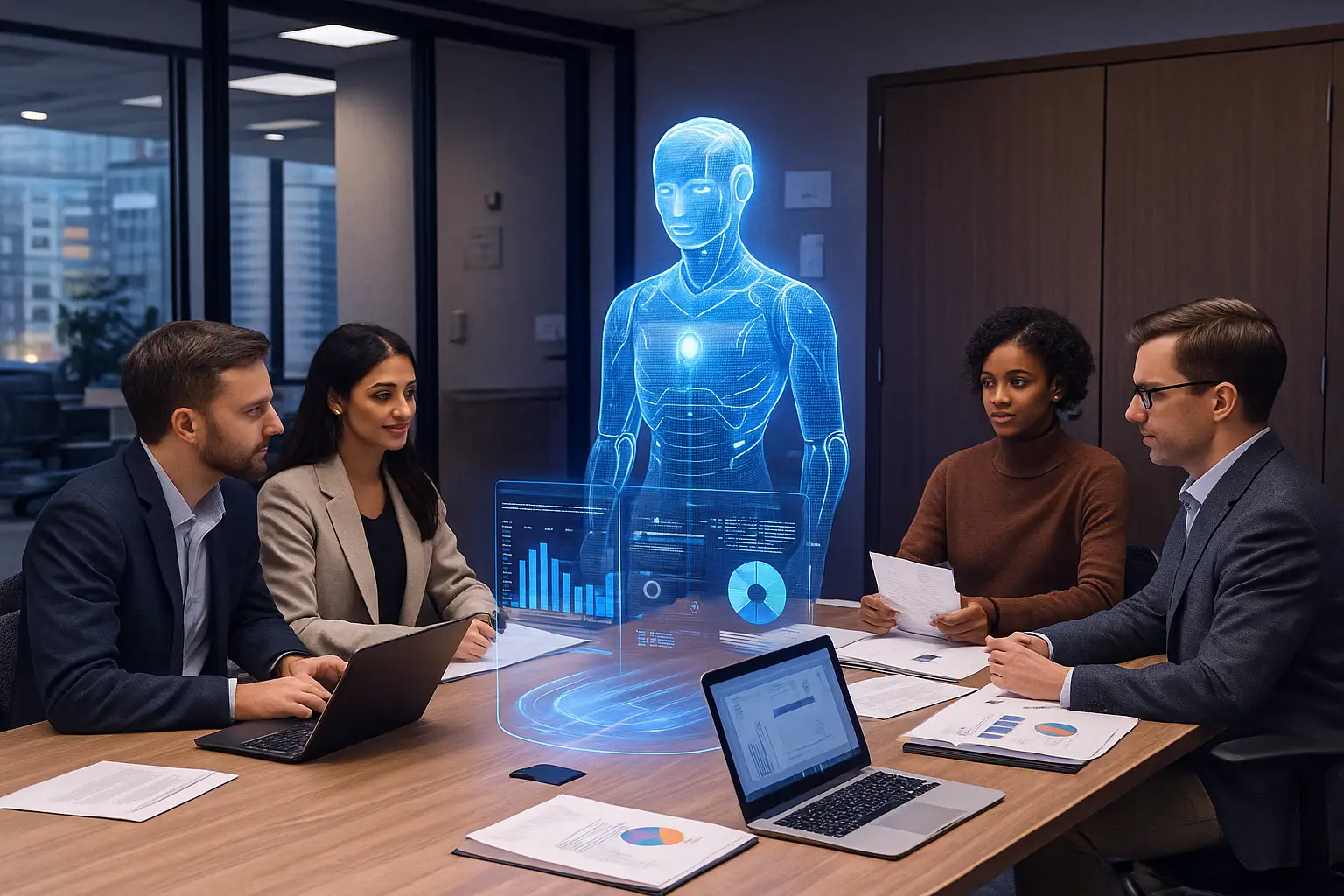
The Future of Work: Humans and AI as Teammates
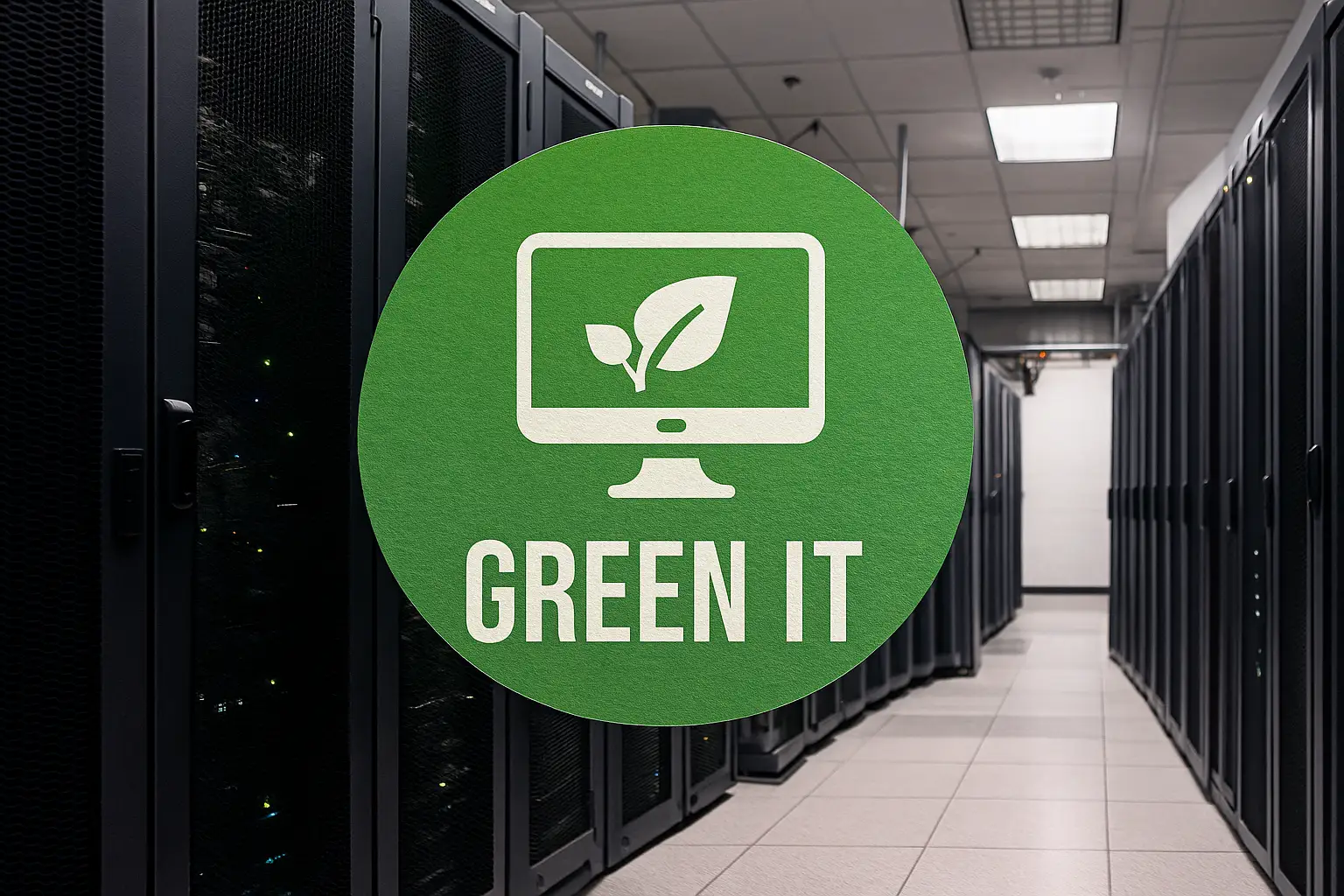
Green IT: How the Tech Industry Must Adapt for a Sustainable Future

Emerging Technologies in IT: What Will Shape 2025–2030

Growth Marketing – A Fast-Track Strategy for Modern Businesses
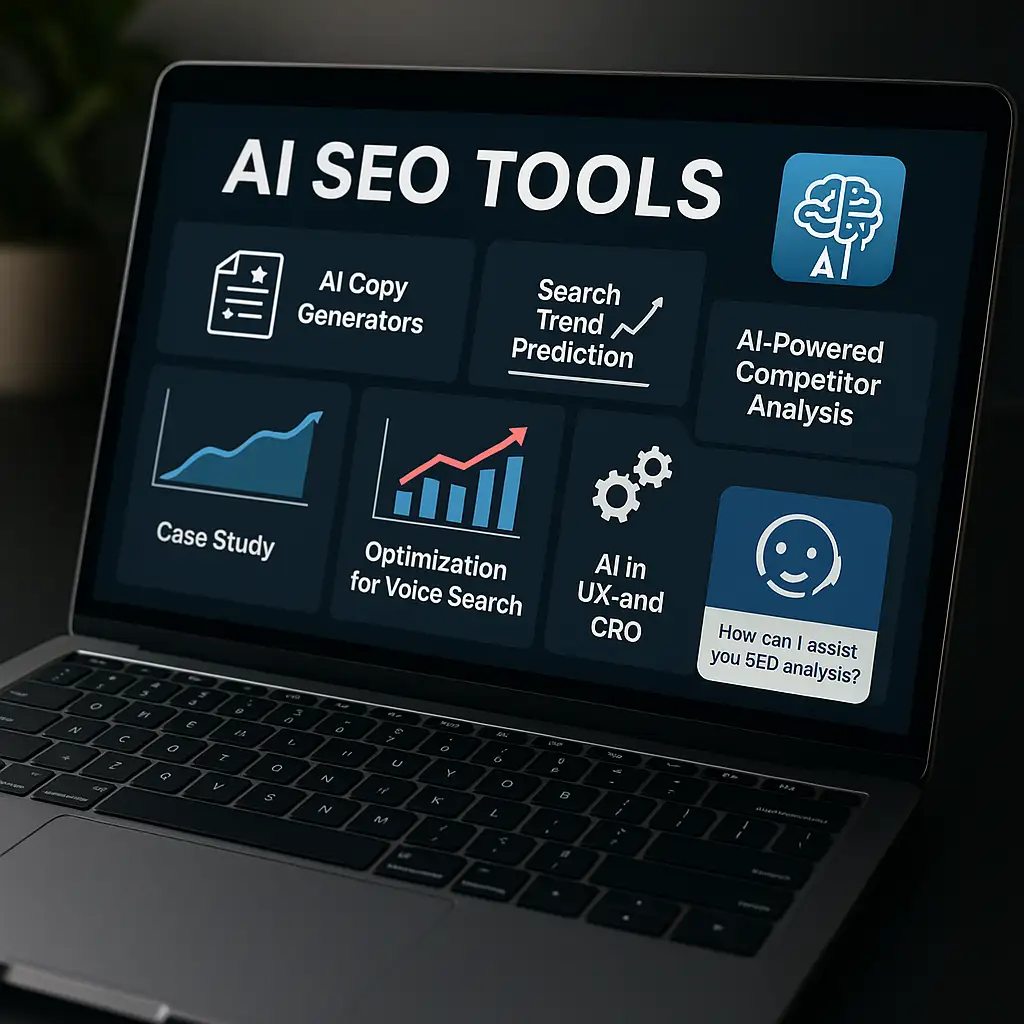
AI SEO Tools – 5 Technologies Revolutionizing Online Stores
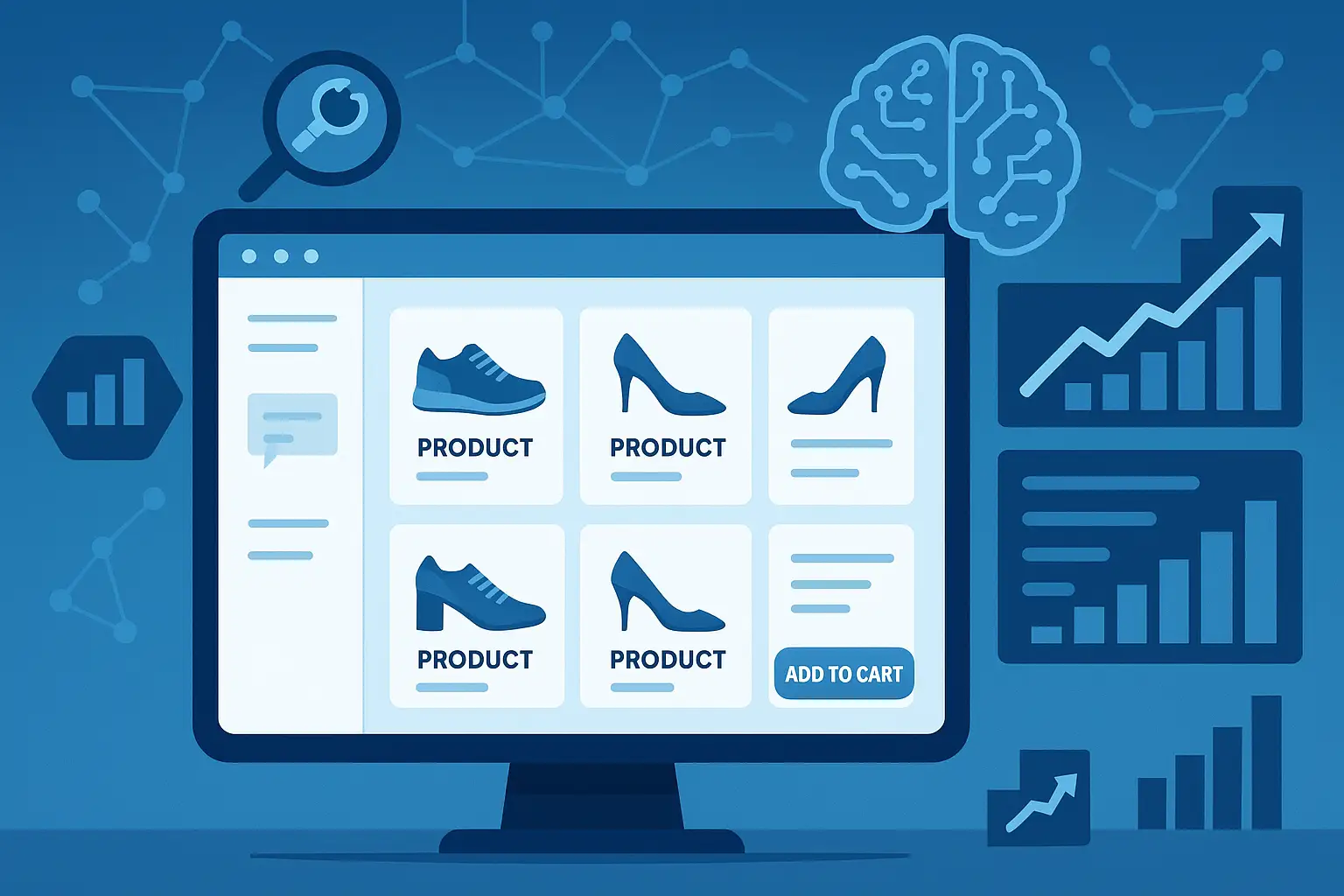
AI SEO – How Artificial Intelligence Is Transforming Online Store Optimization

Product-Led Growth – When the Product Sells Itself
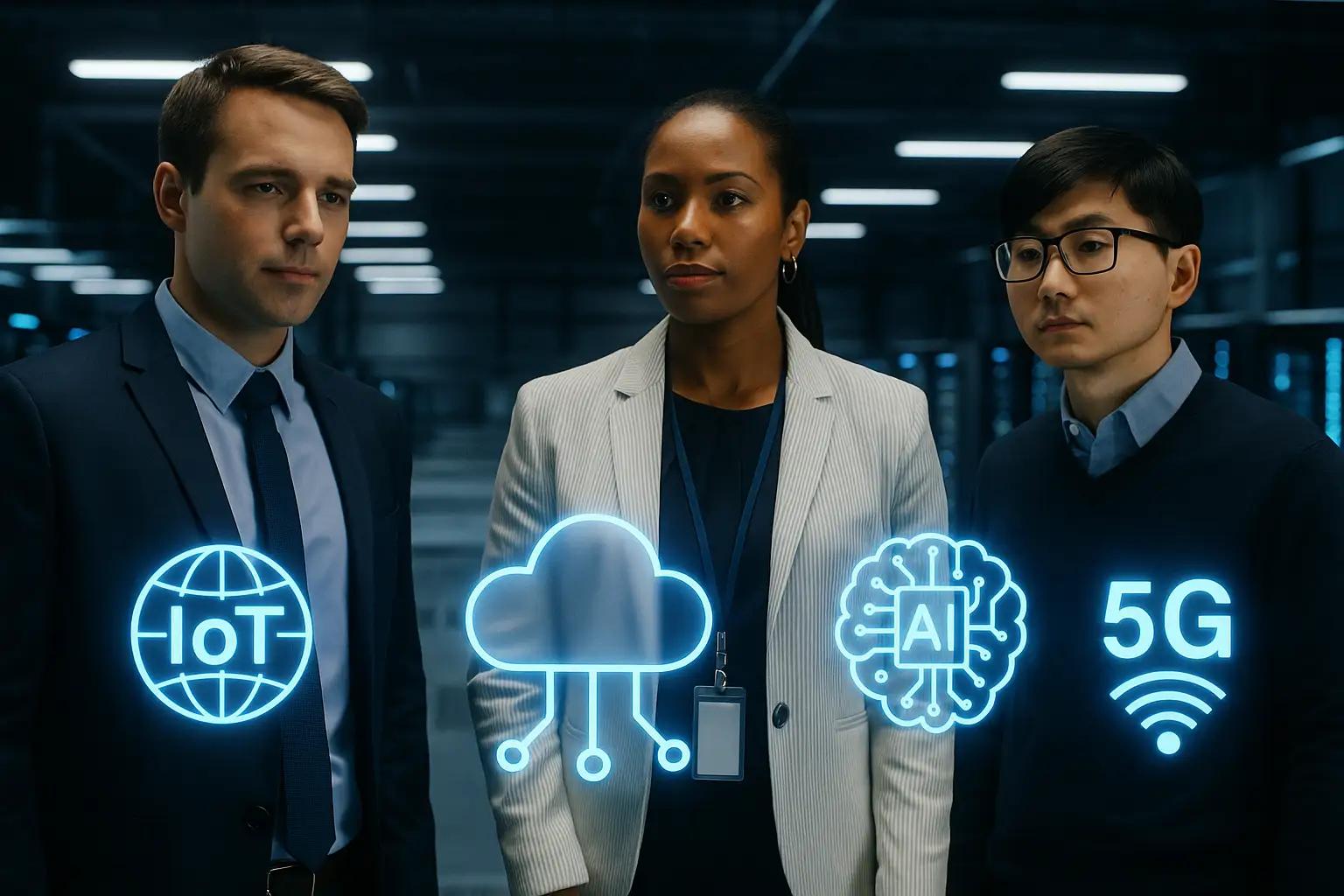
Technology in IT – Trends Shaping the Future of Business and Everyday Life

Marketplace Growth – How Exchange Platforms and E-commerce Build the Network Effect
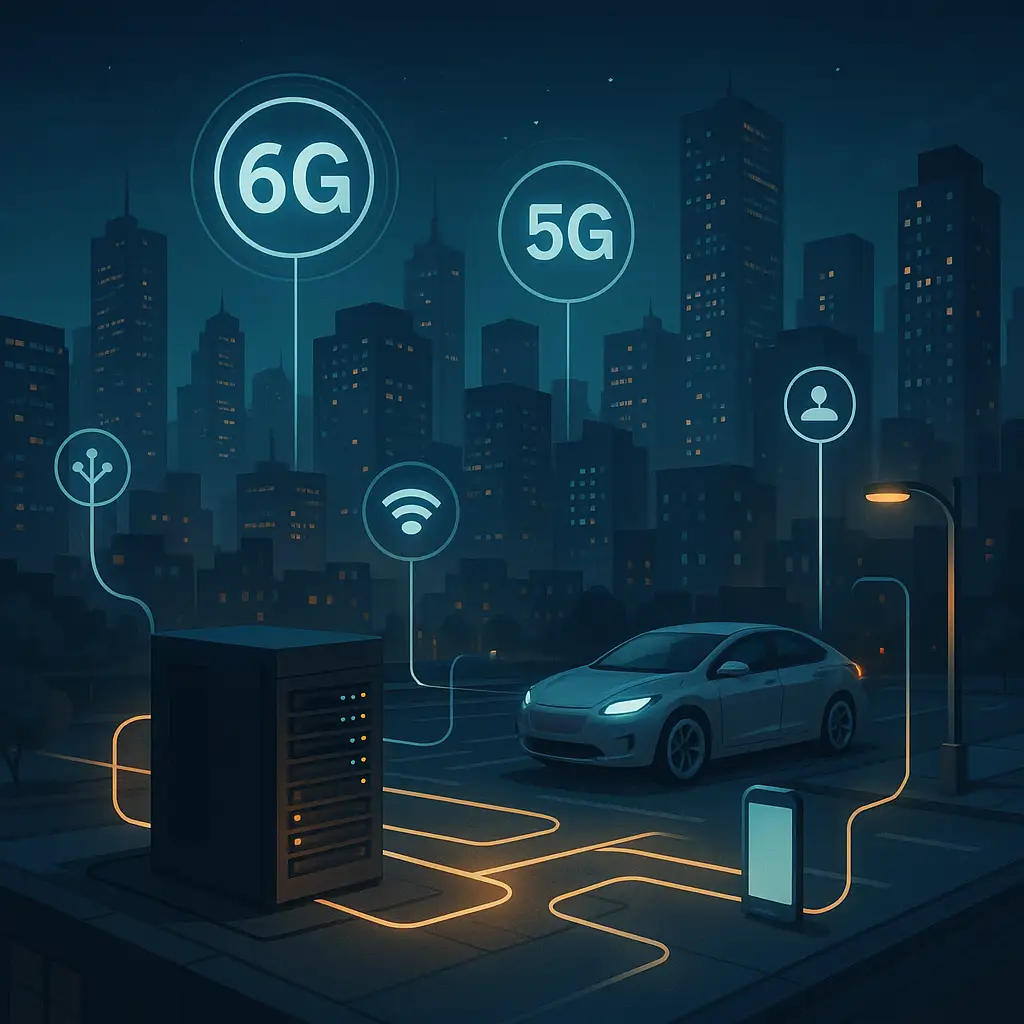
Edge Computing – Bringing Processing Power Closer to the User

Agentic AI in Applications – When Software Starts Acting on Its Own
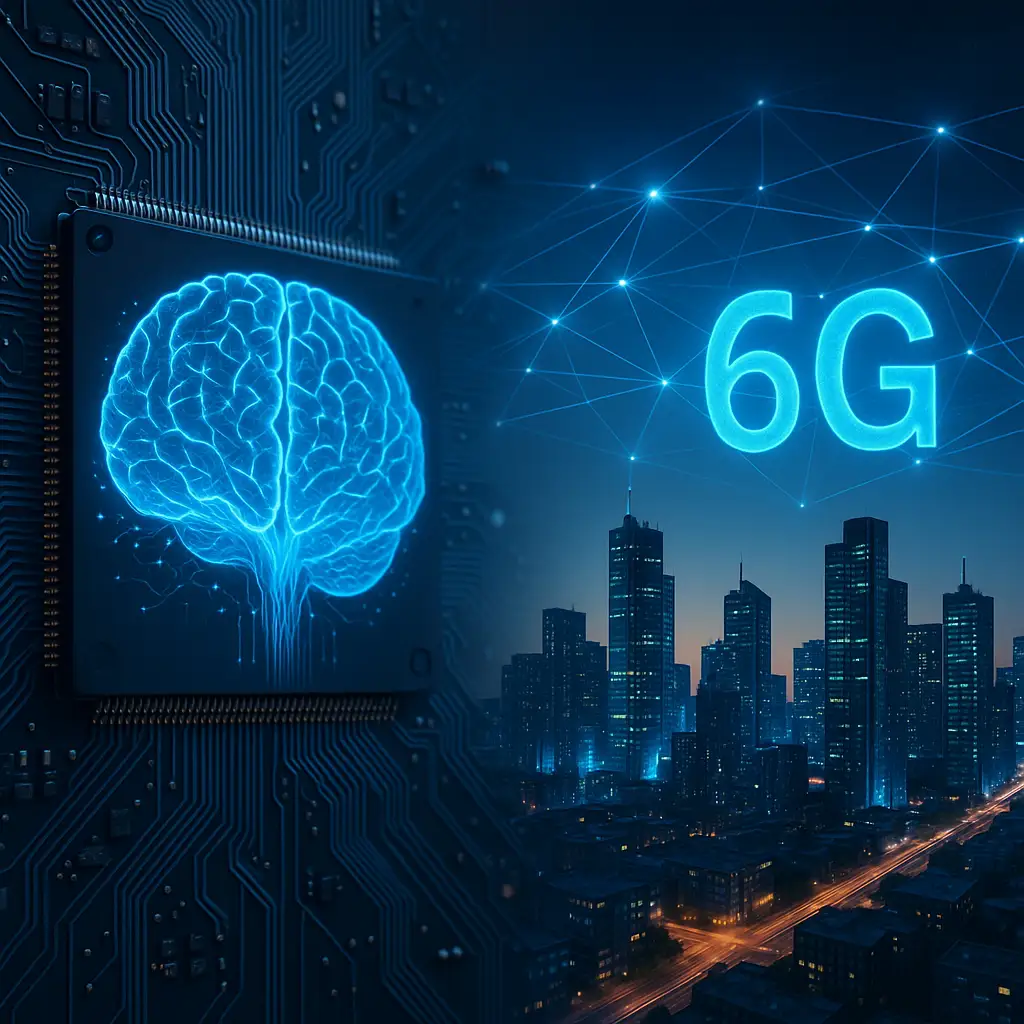
Neuromorphic Computers and 6G Networks – The Future of IT That Will Change the Game

Meta Llama 3.2 – The Open AI That Could Transform E-Commerce and SEO
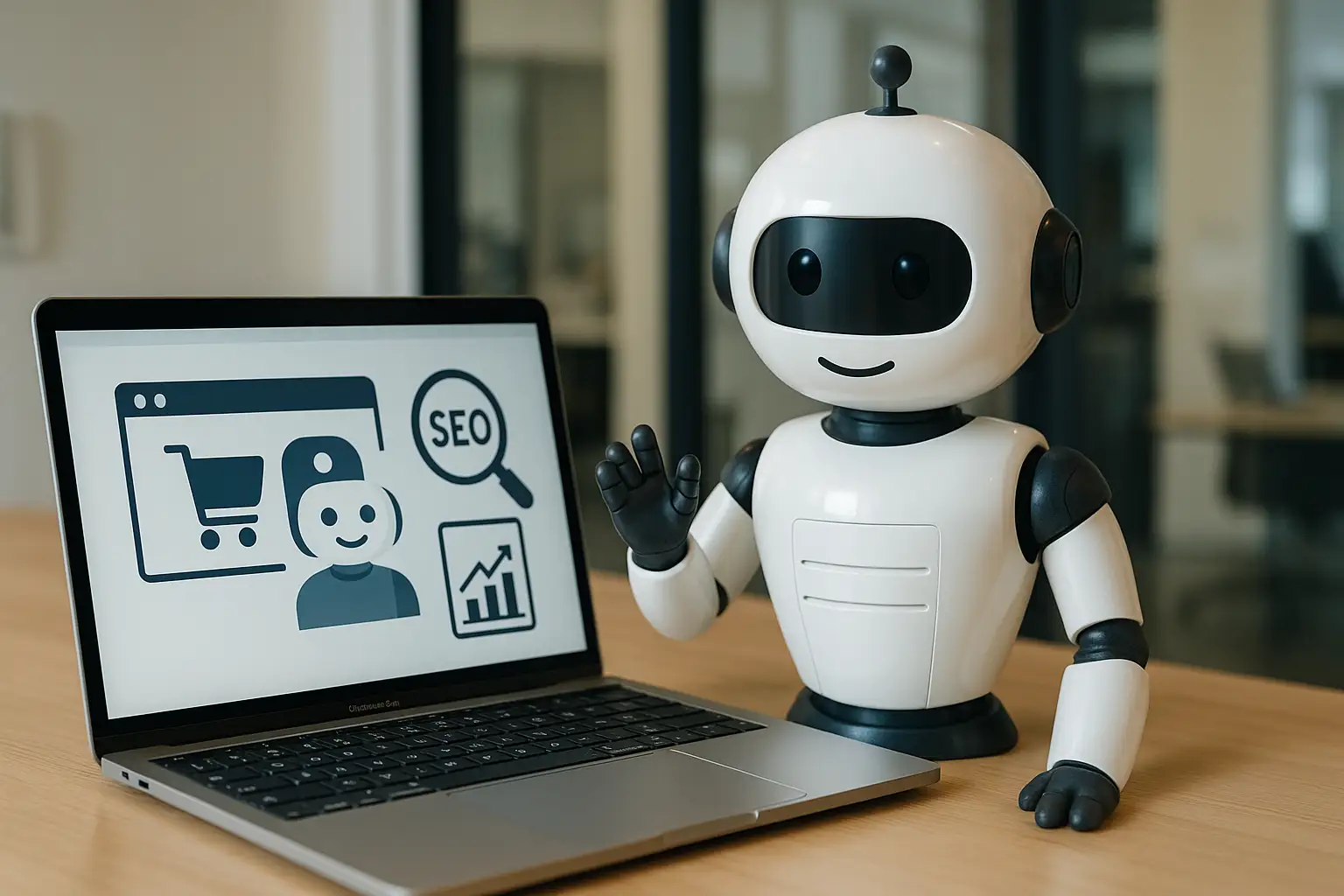
AI Chatbot for Online Stores and Apps – More Sales, Better SEO, and Happier Customers

5 steps to a successful software implementation in your company

Innovative IT solutions — why invest now?

Innovative software development methods for your business

5 steps to successfully implement technological innovation in your company
